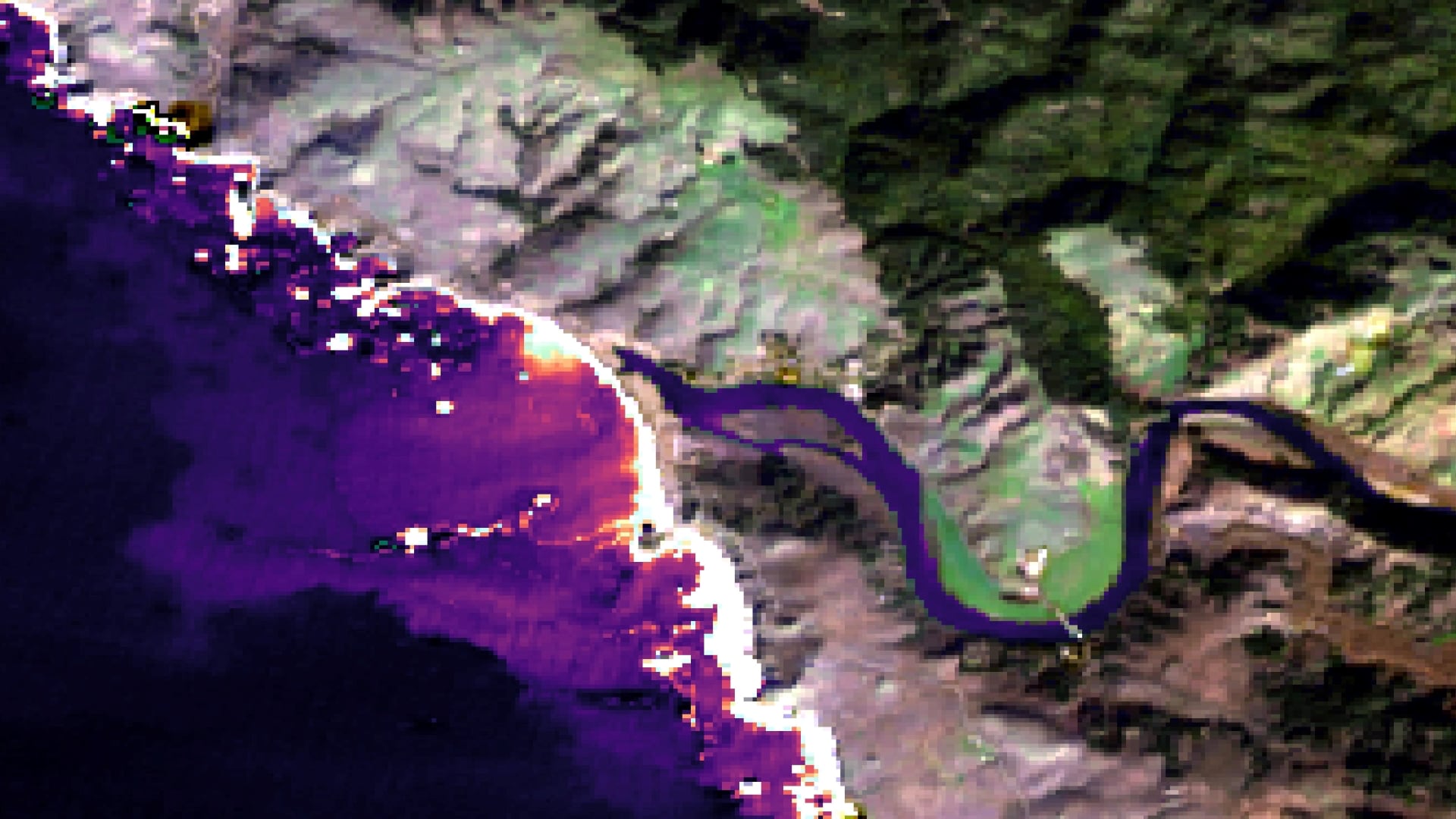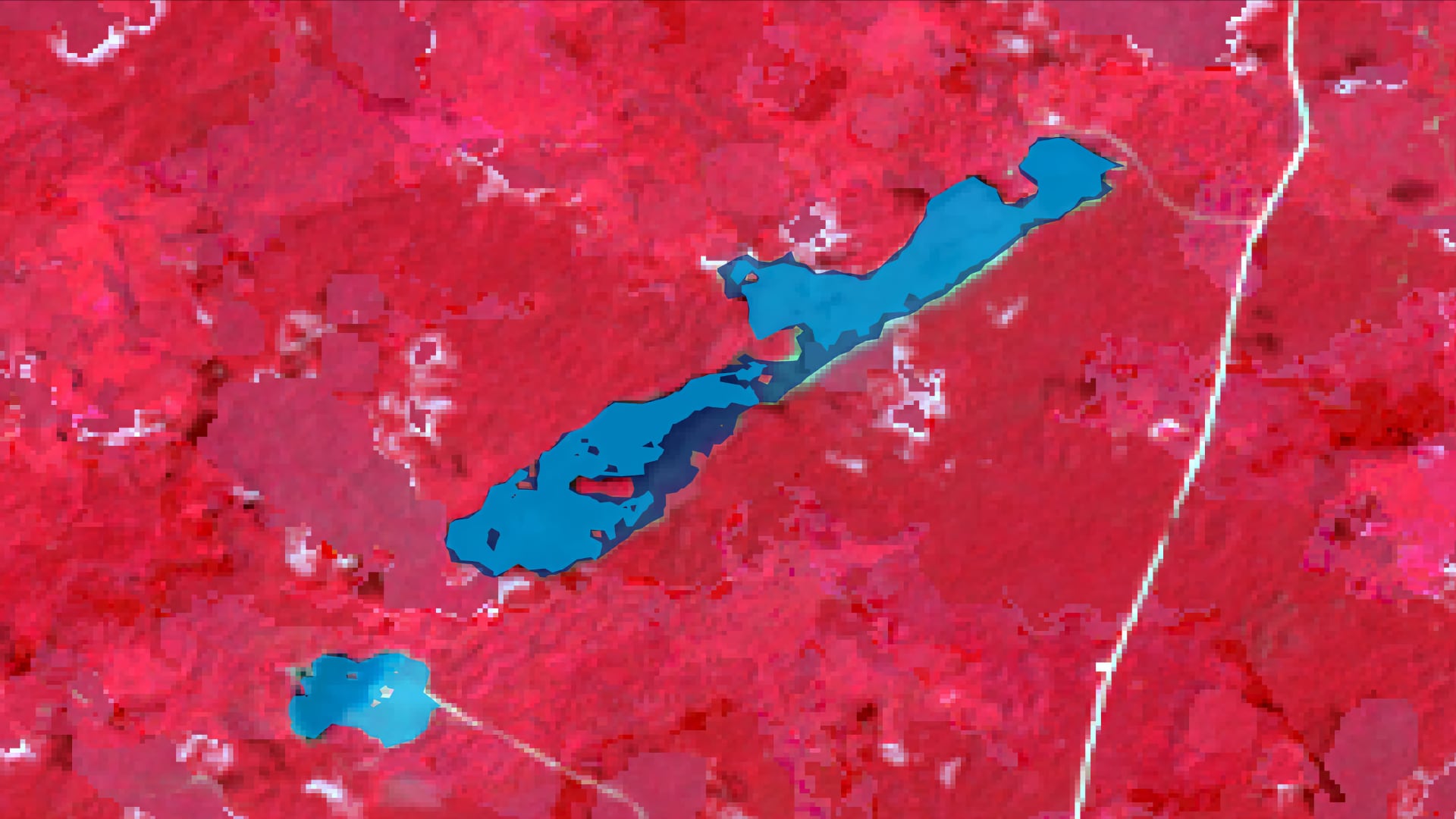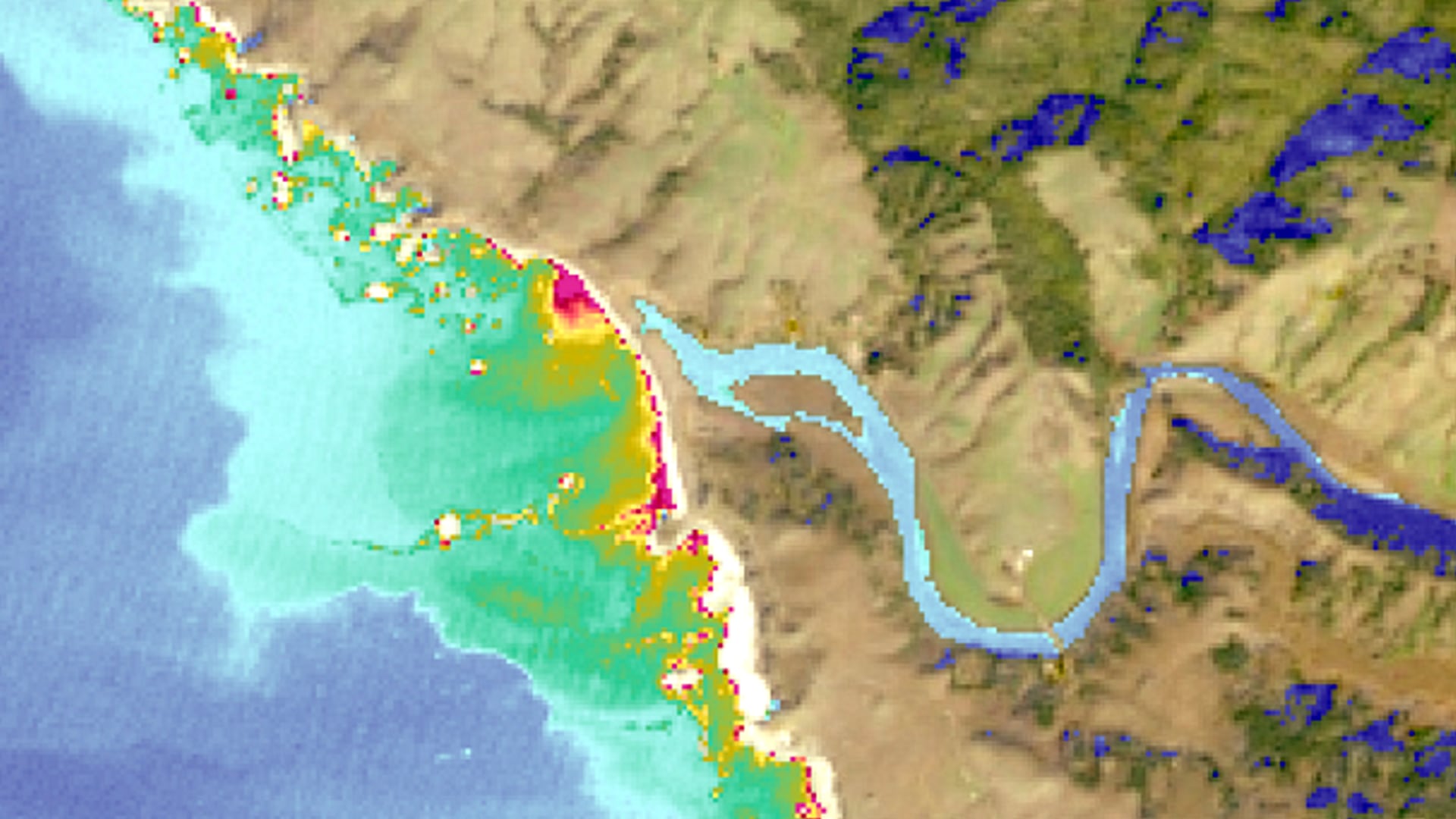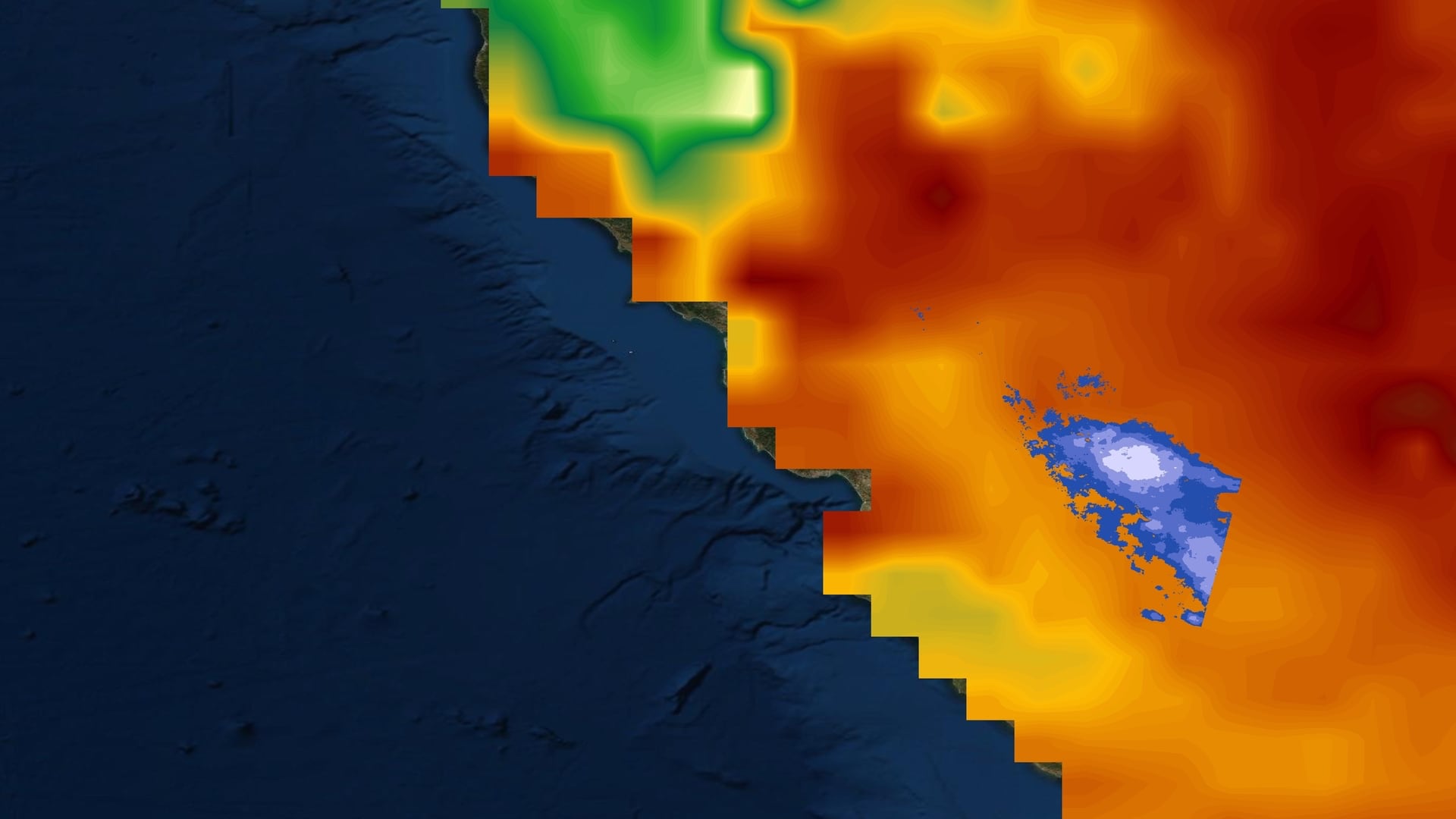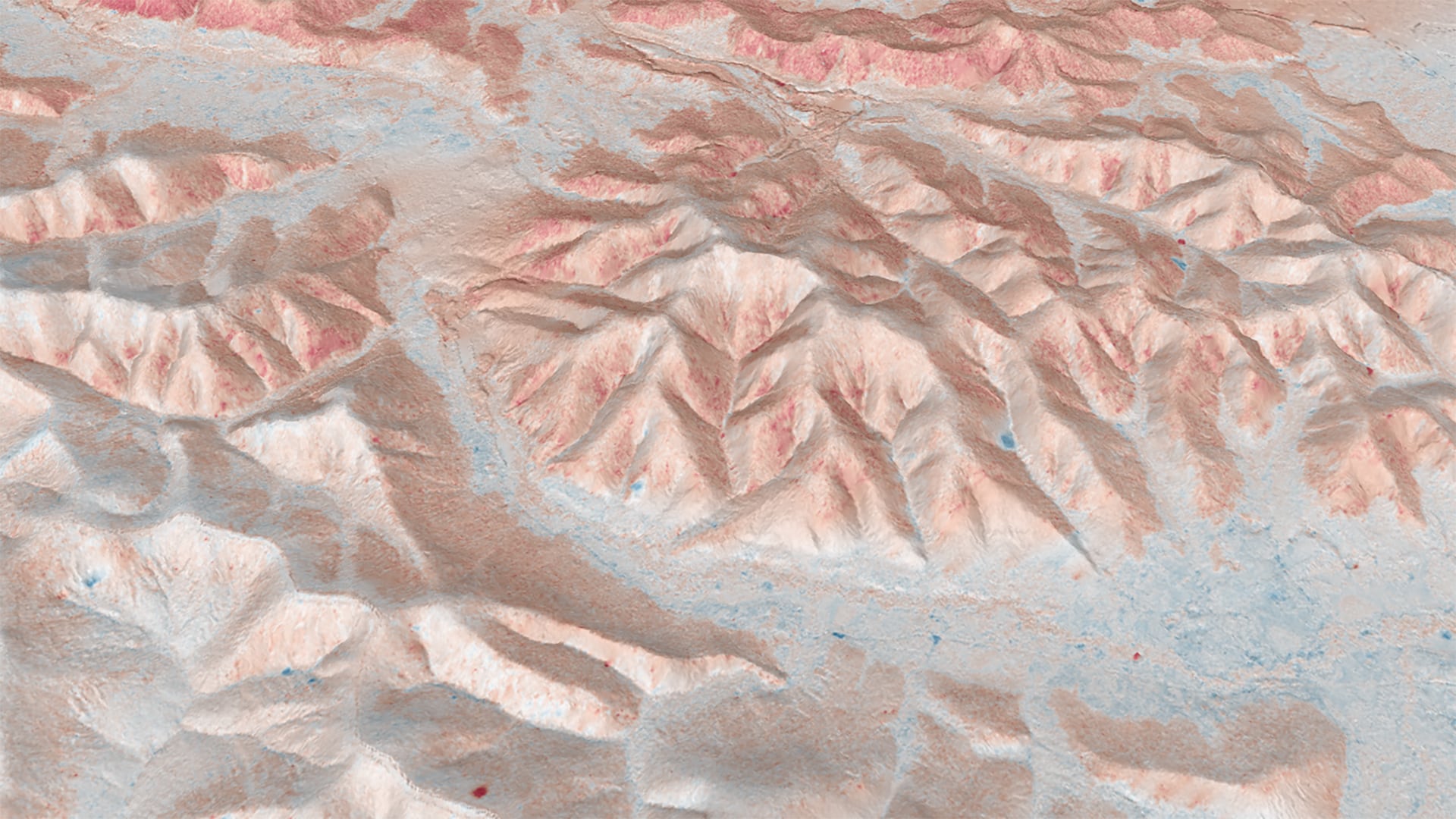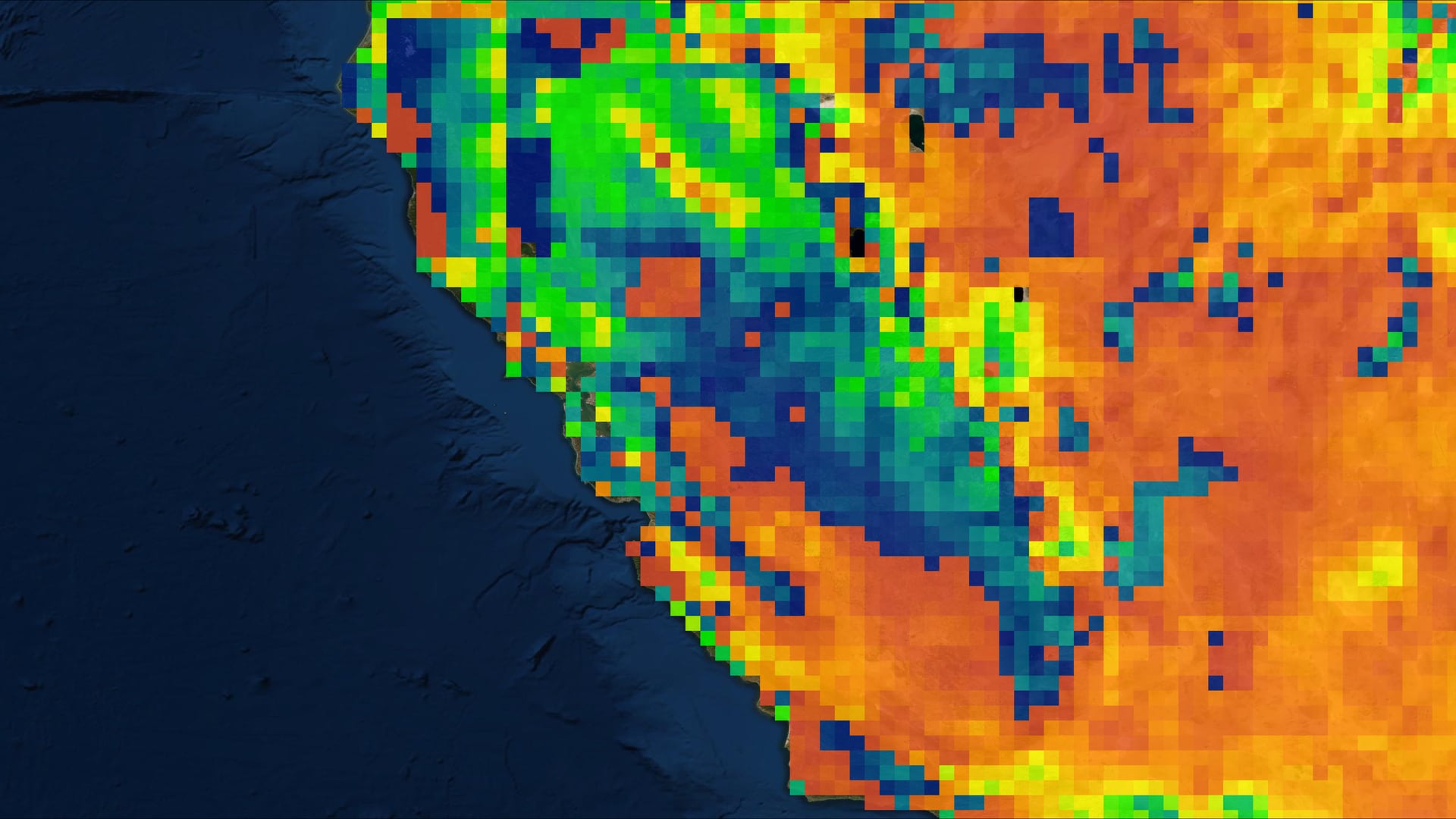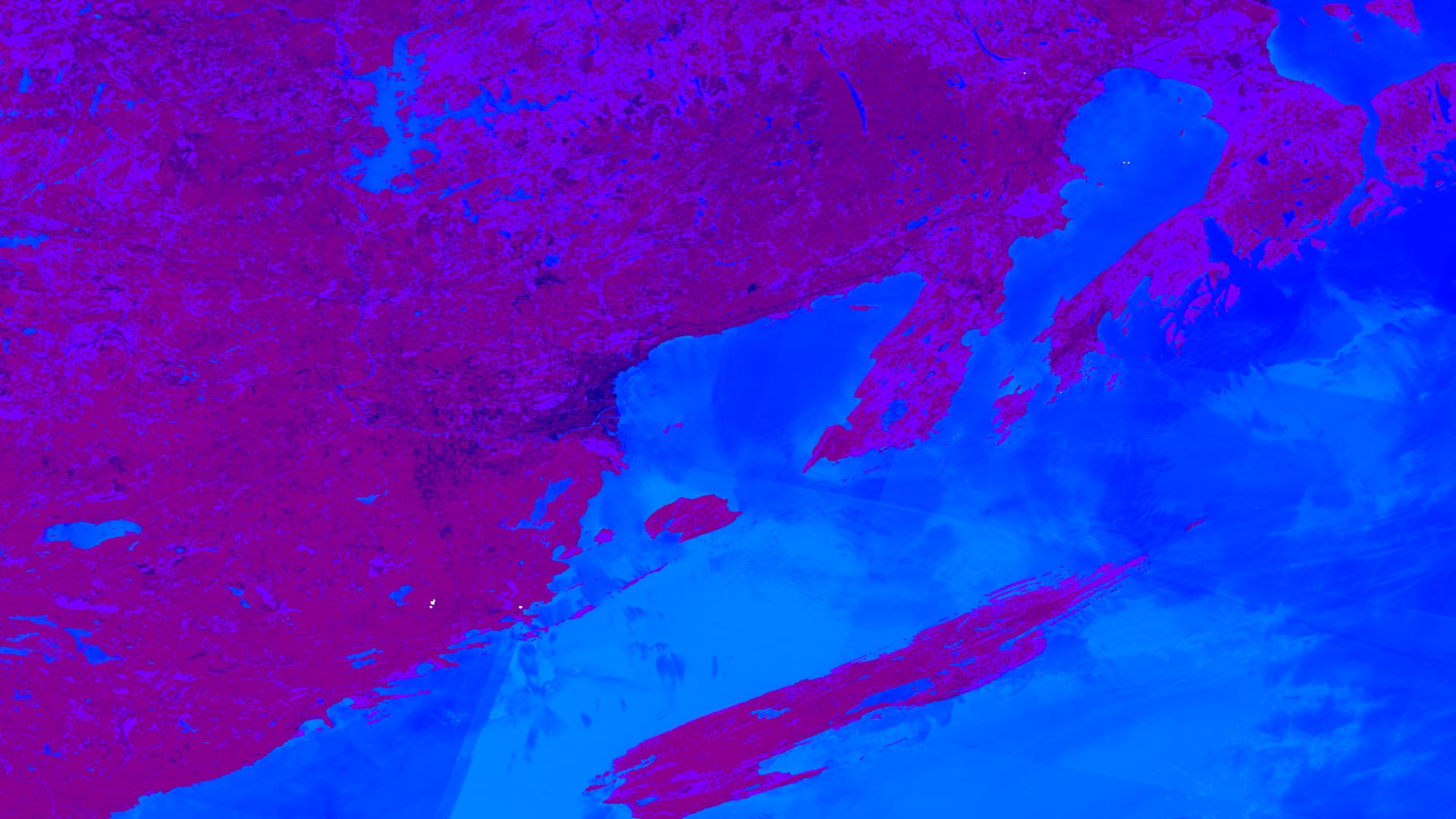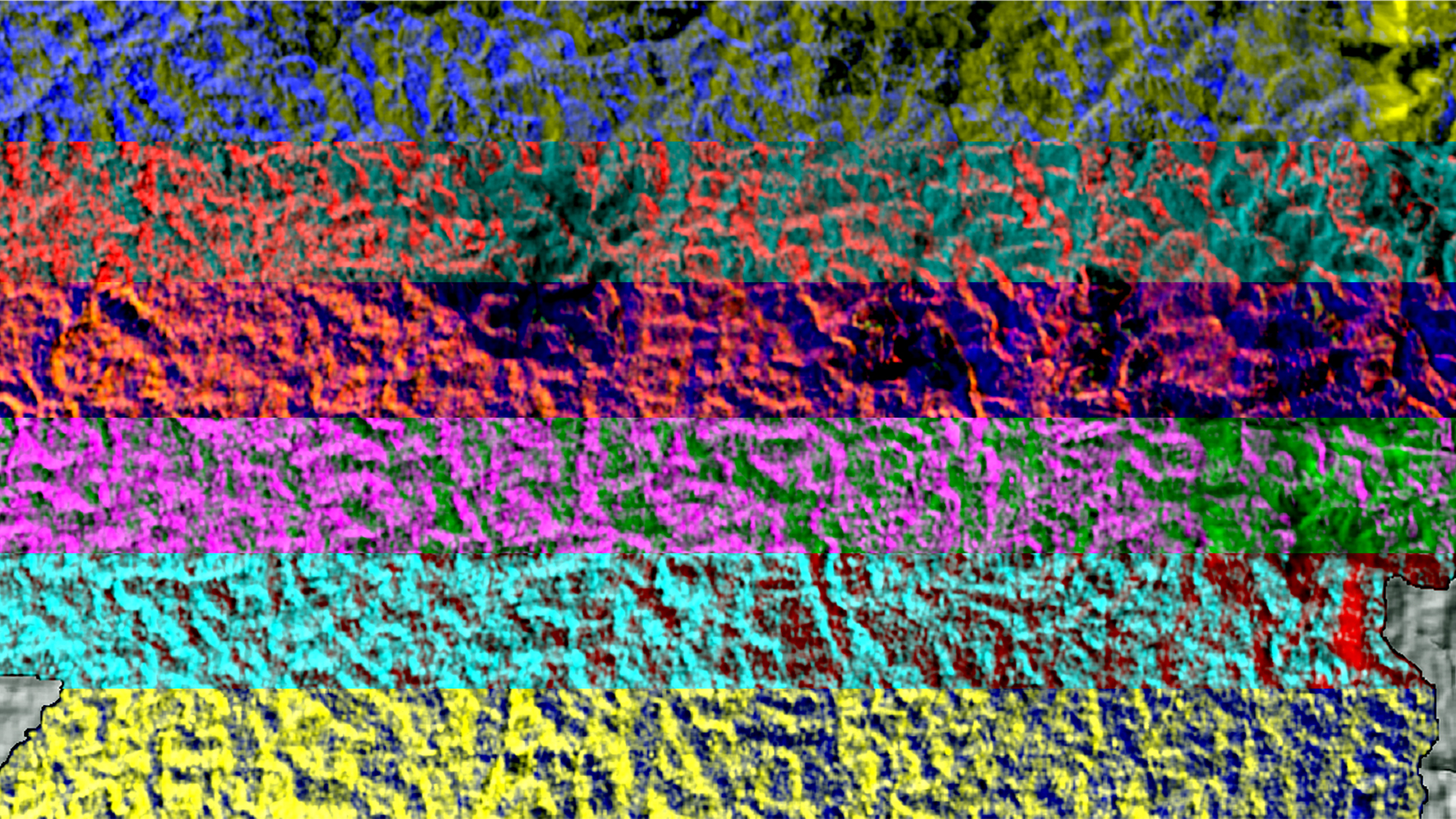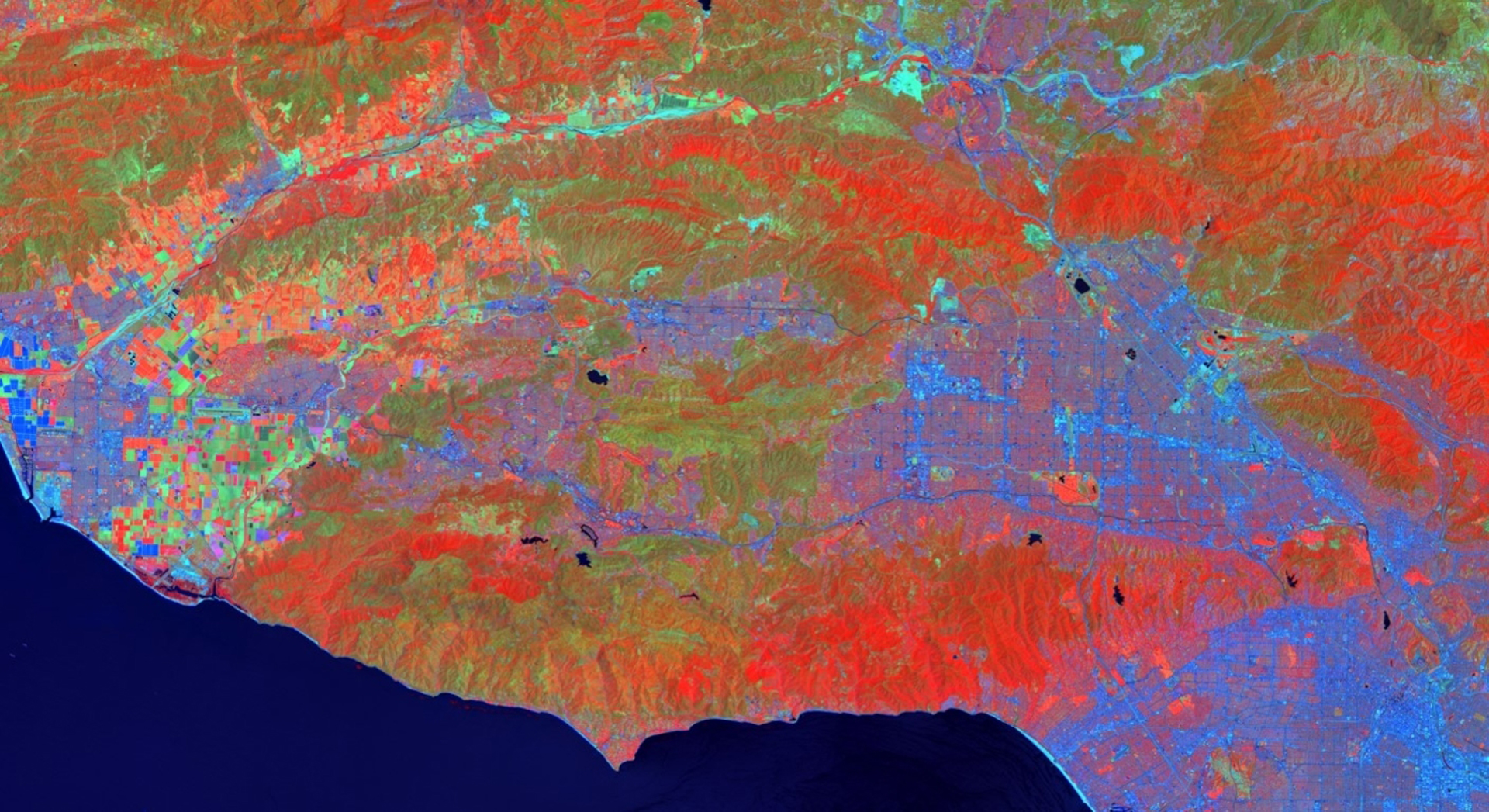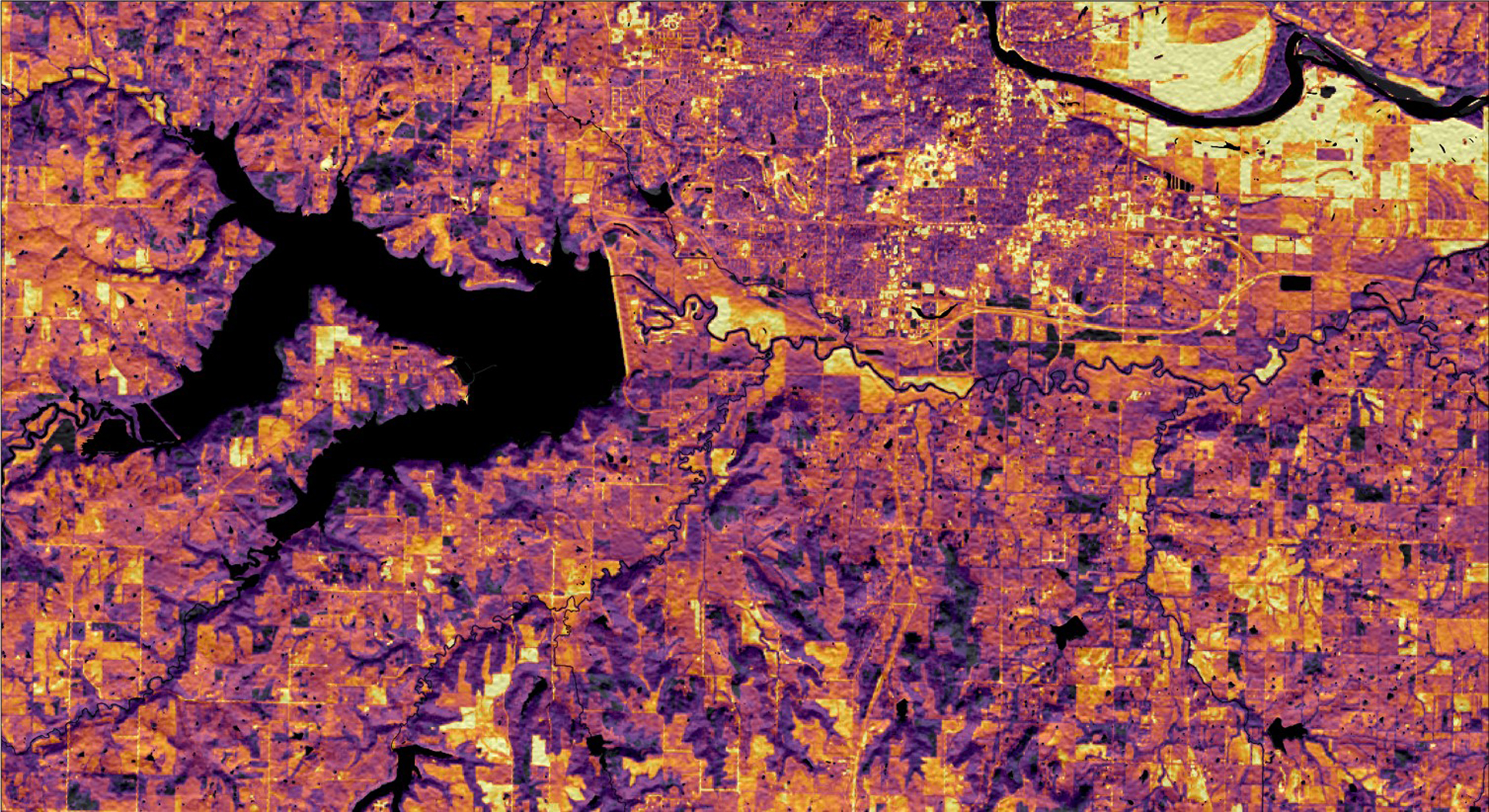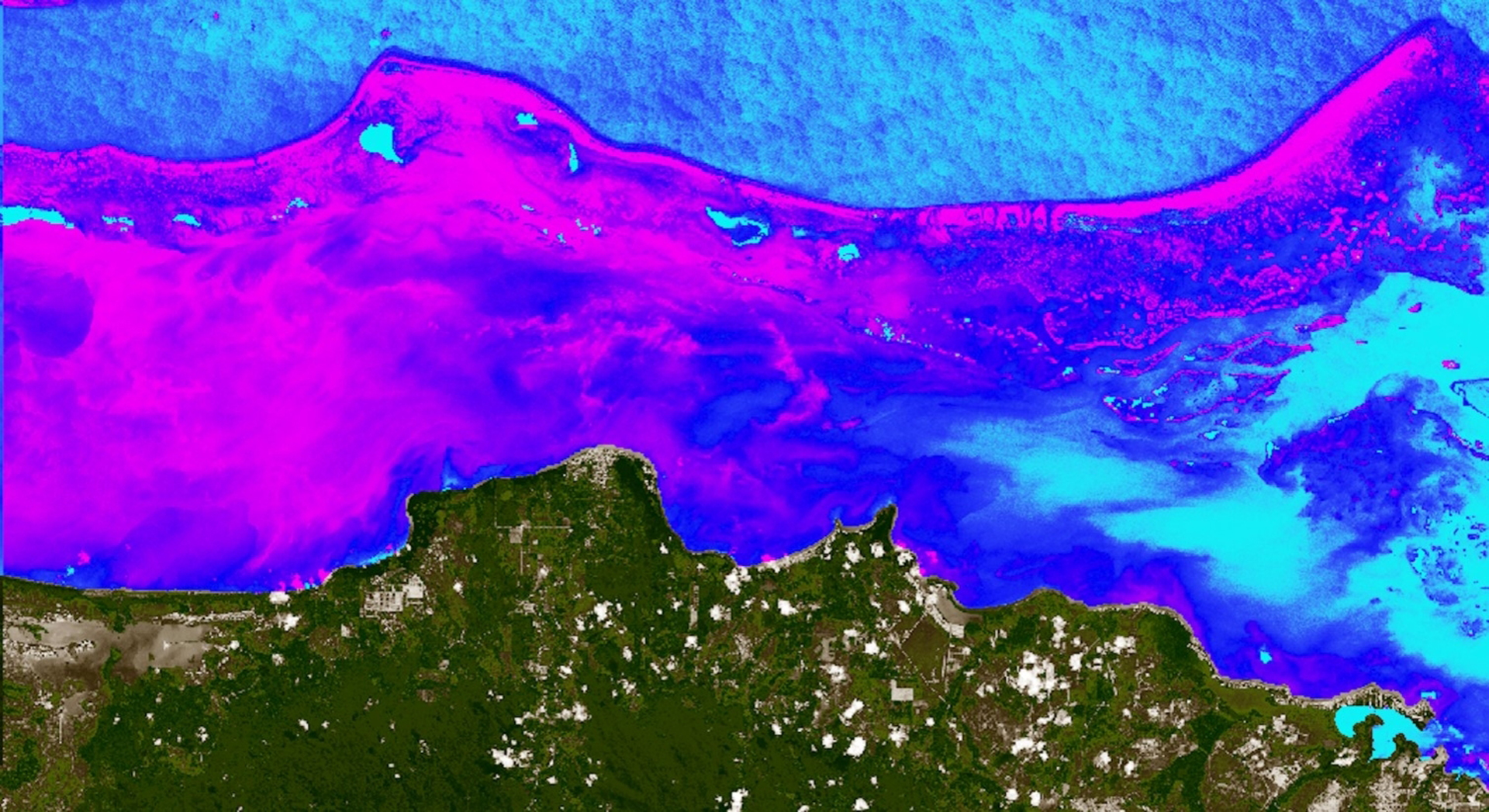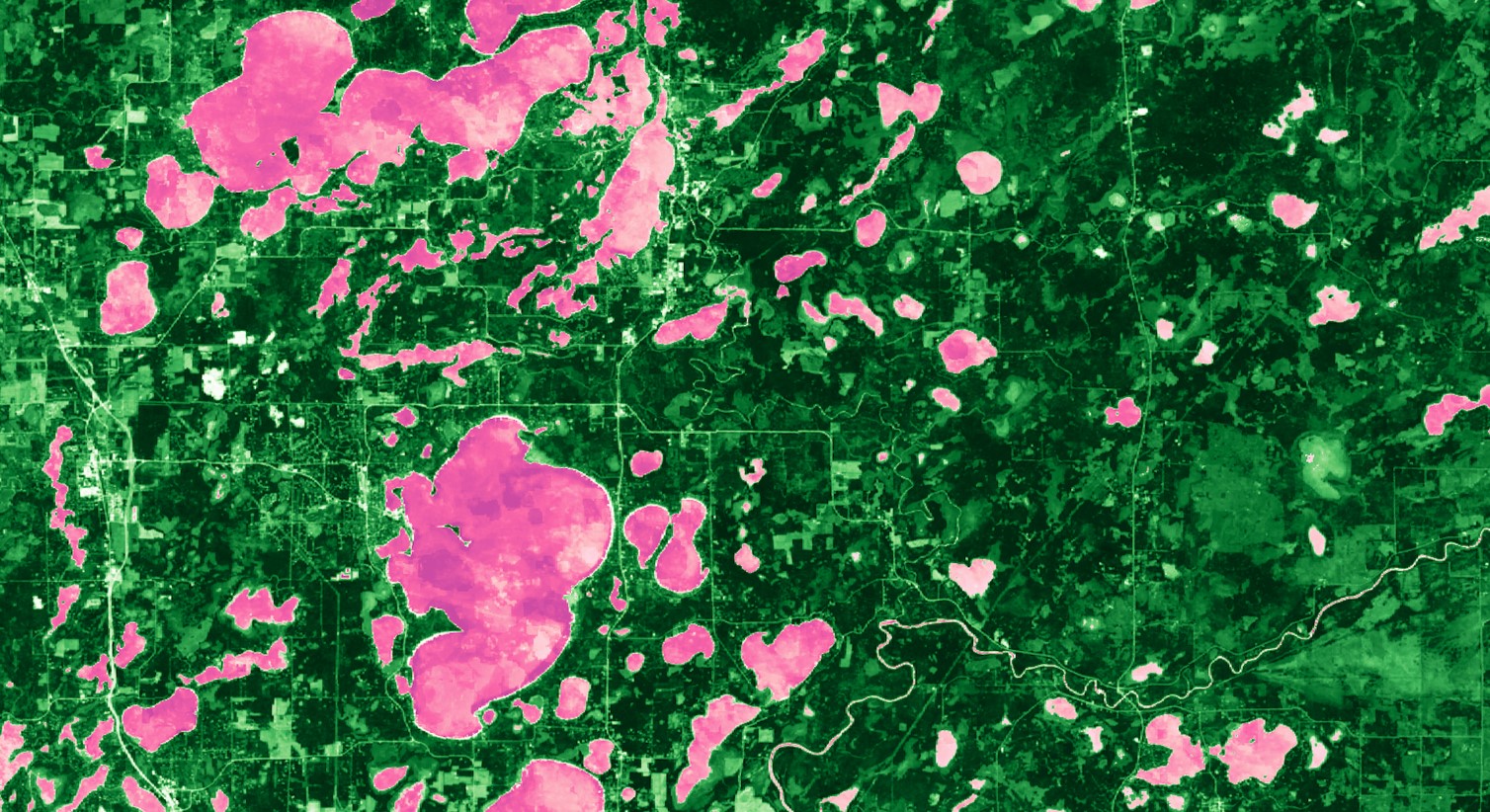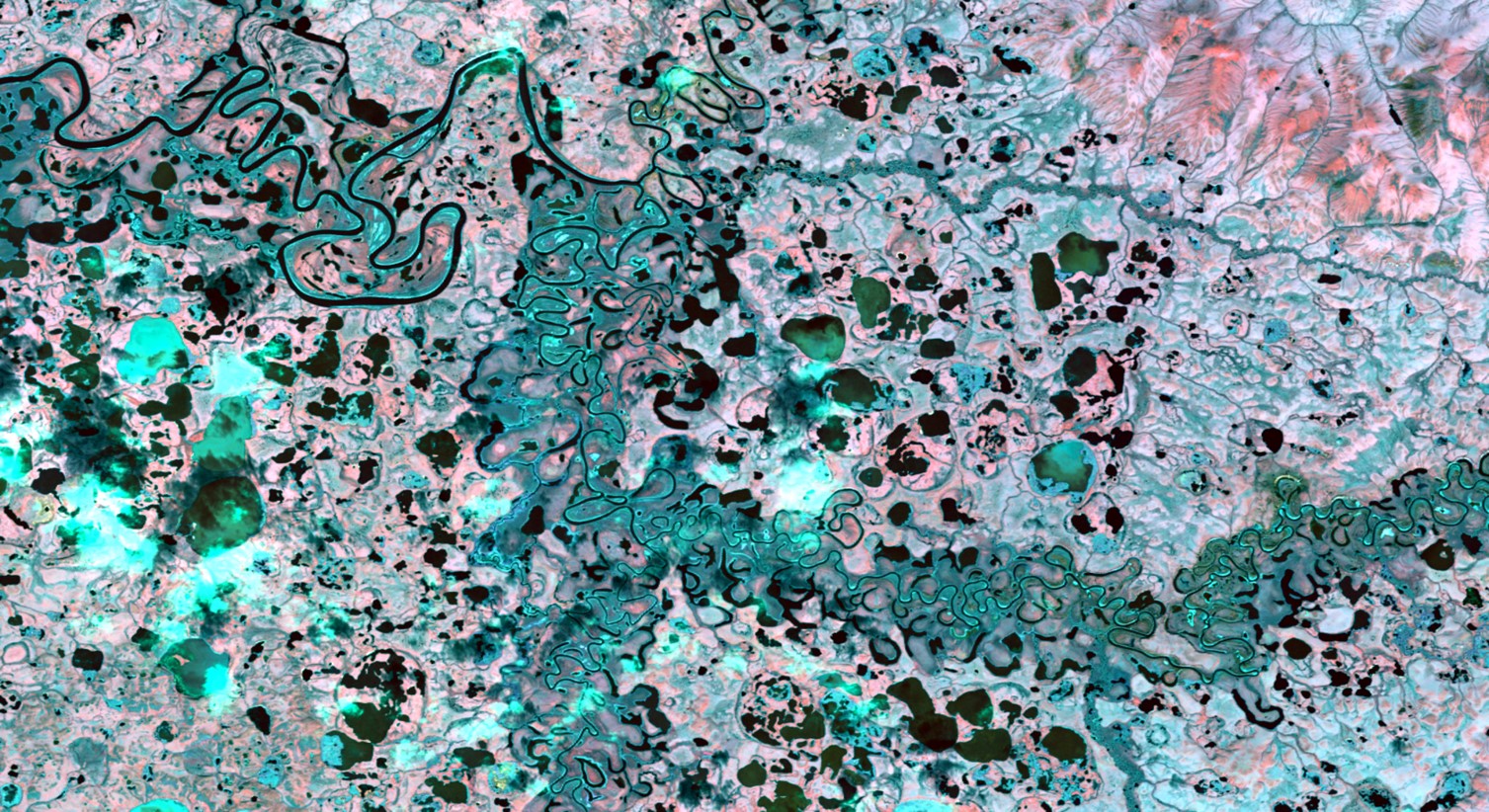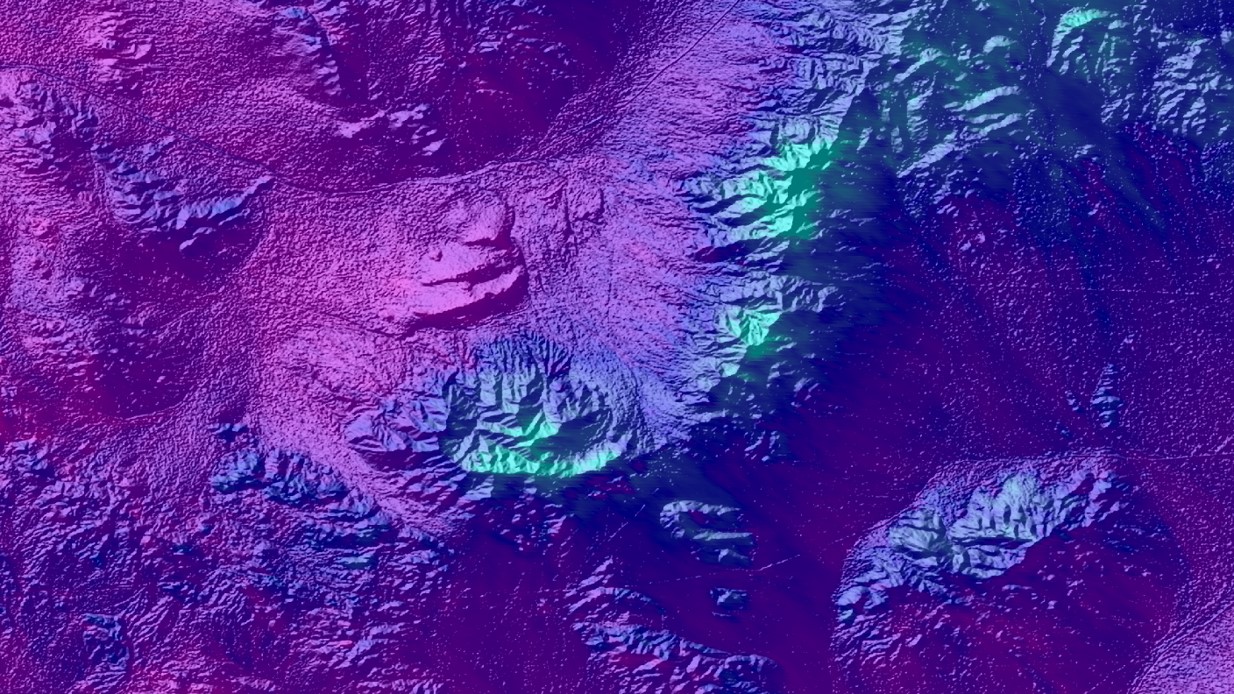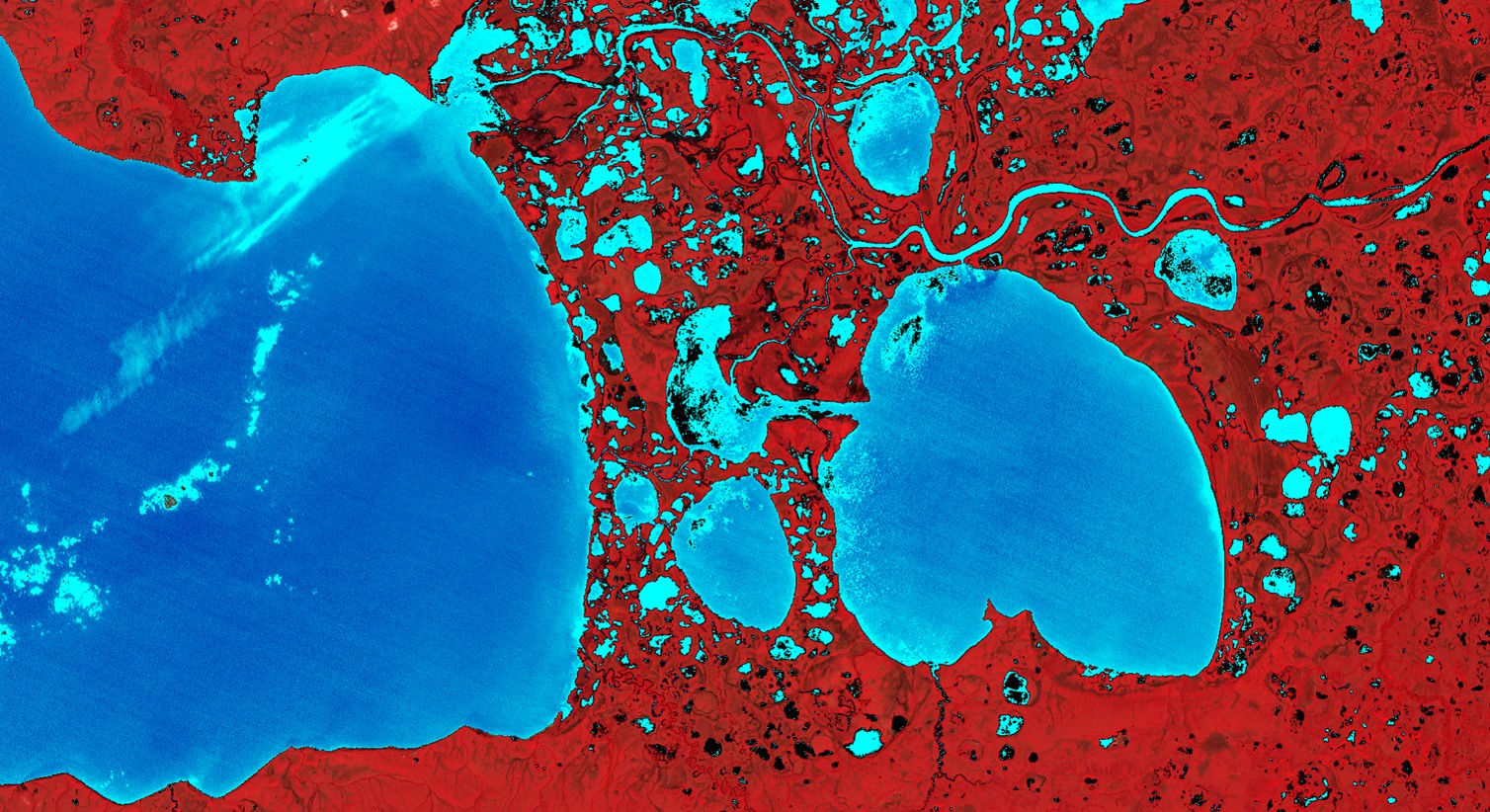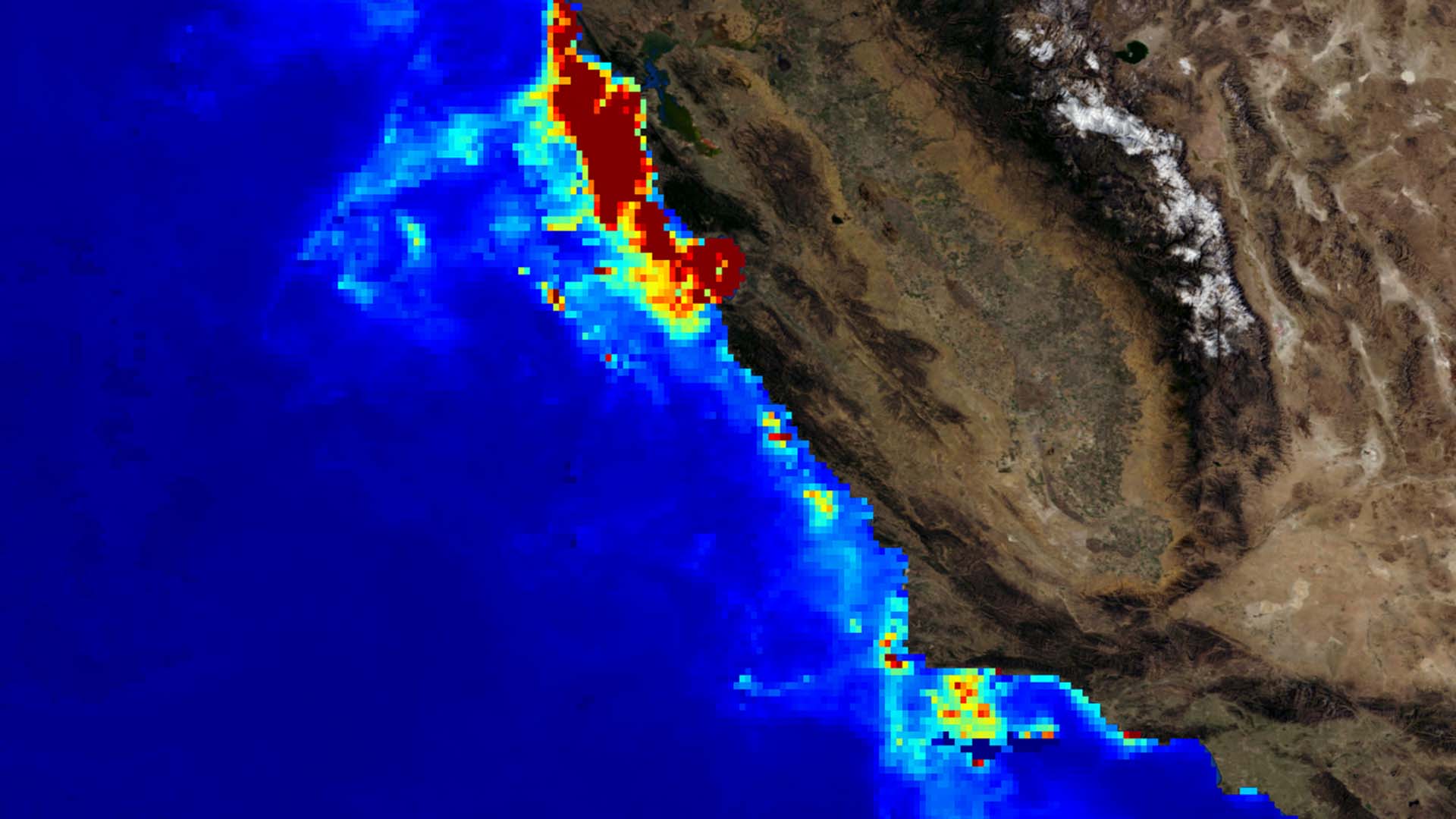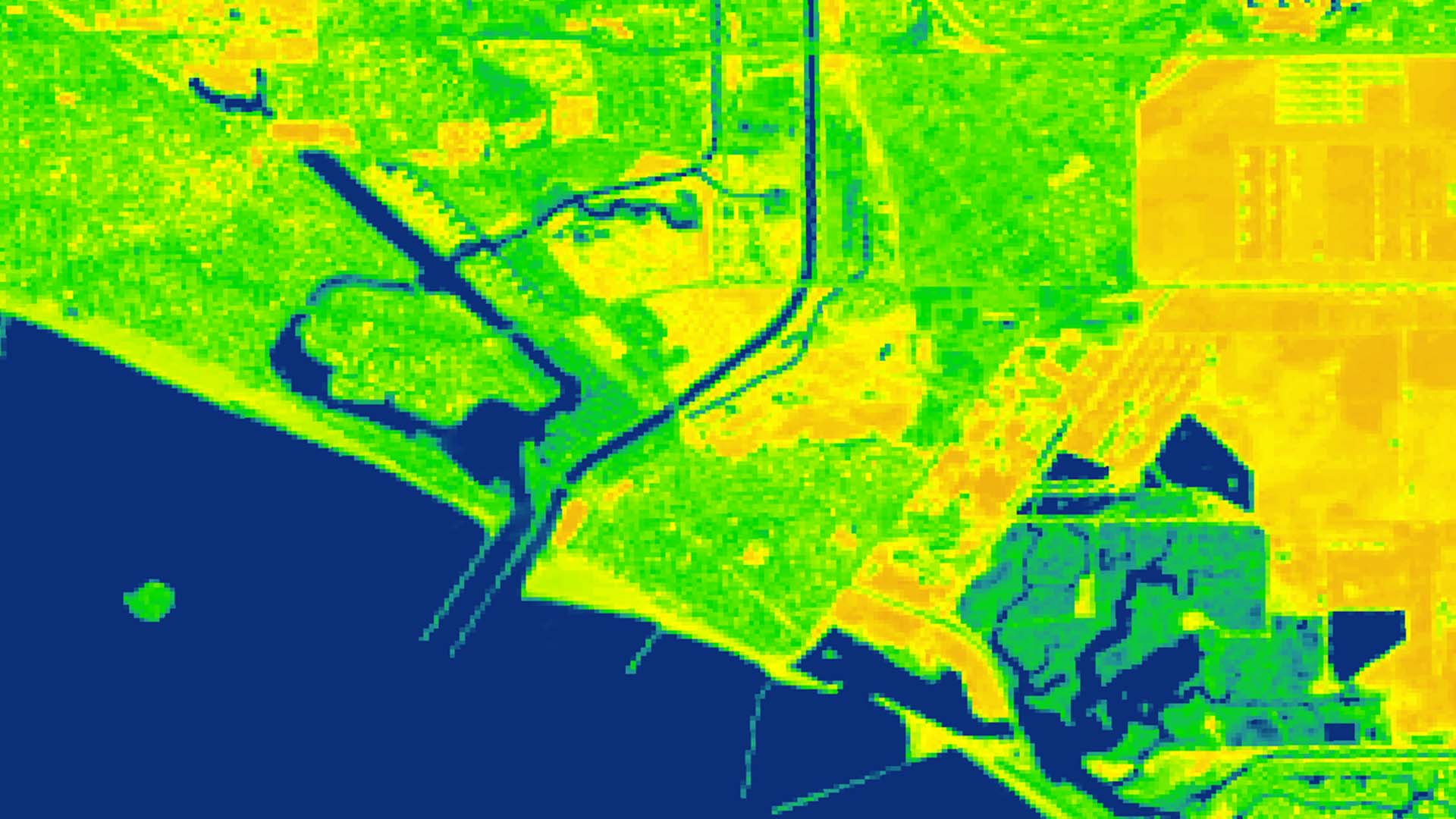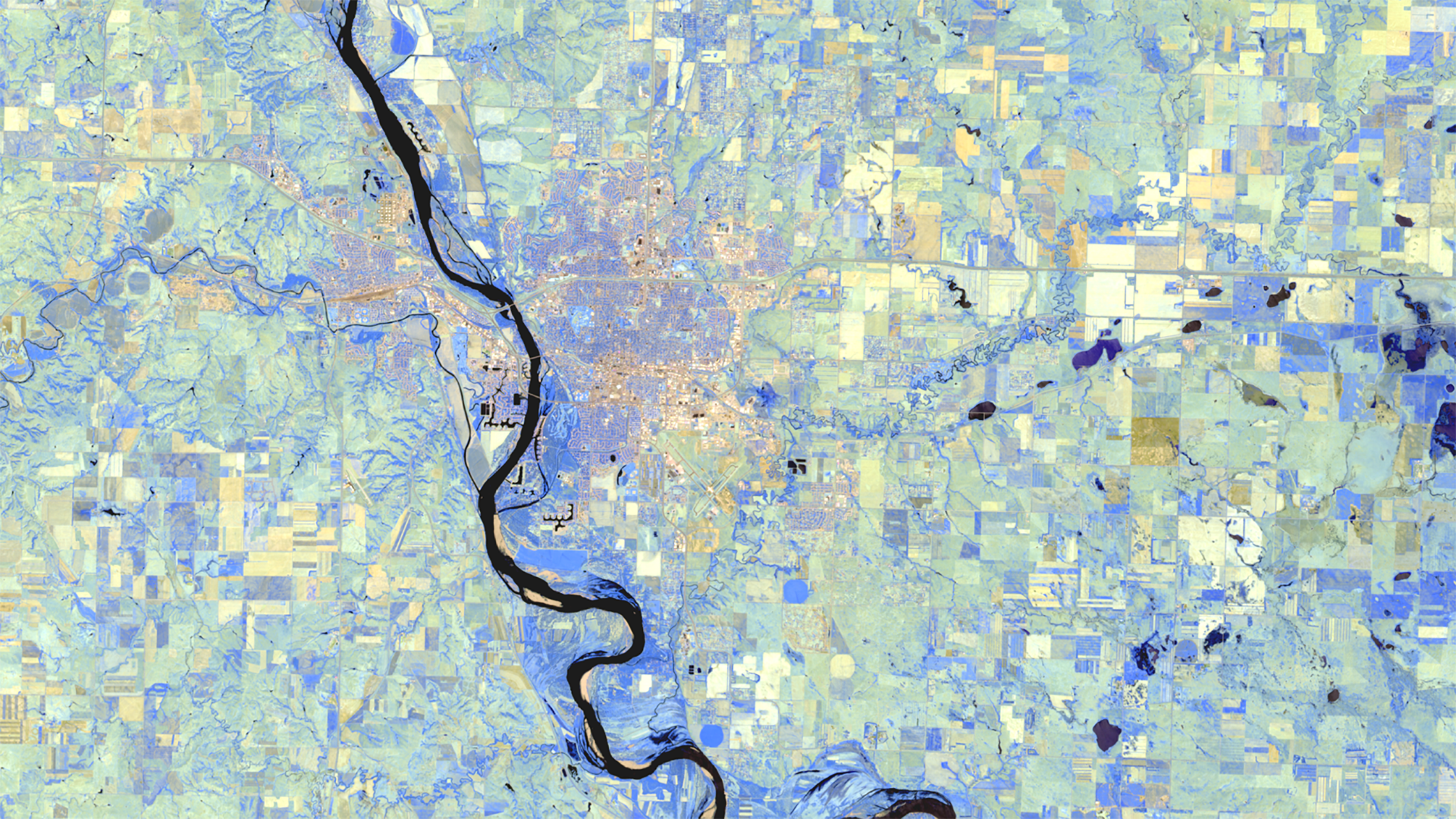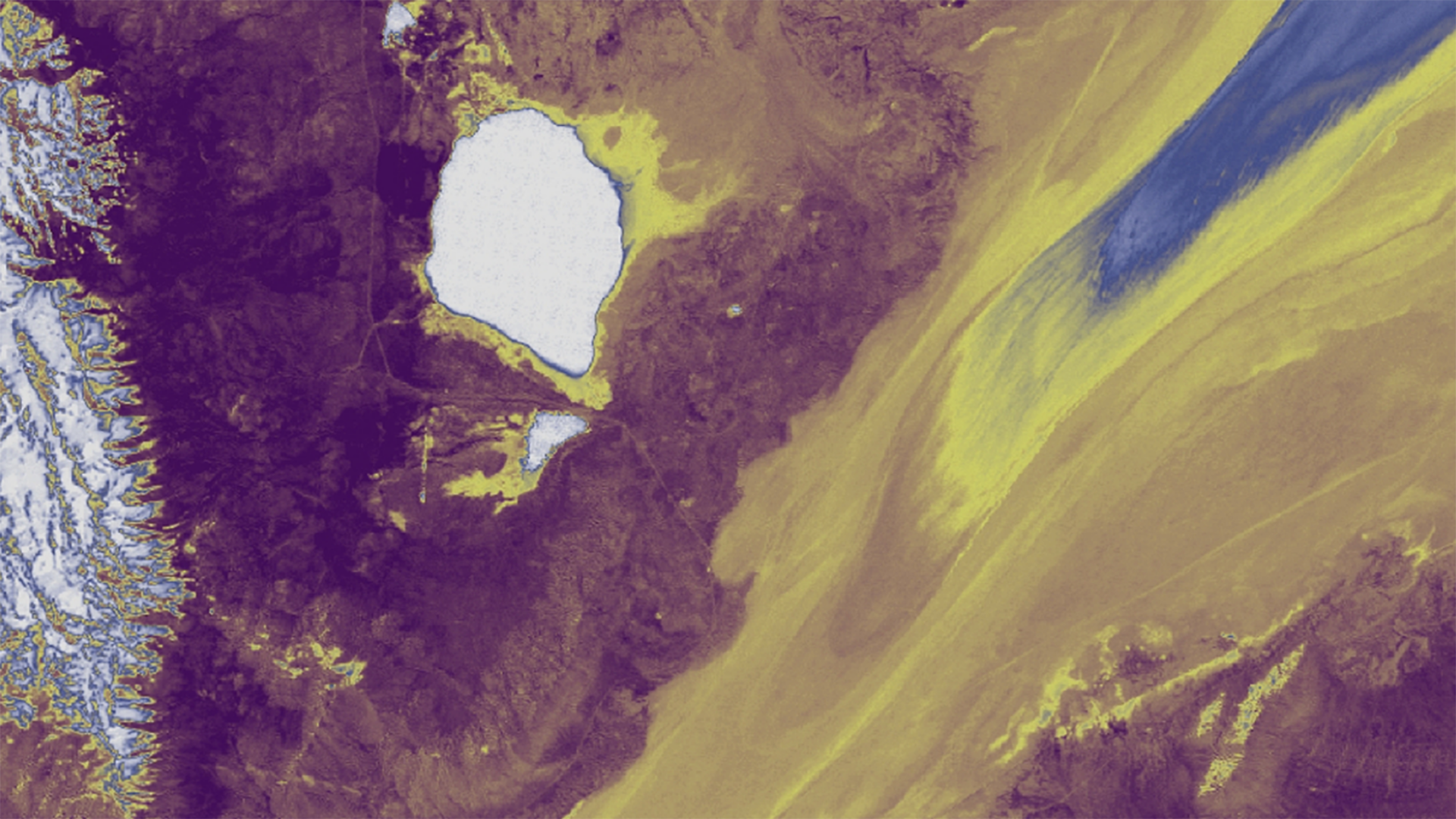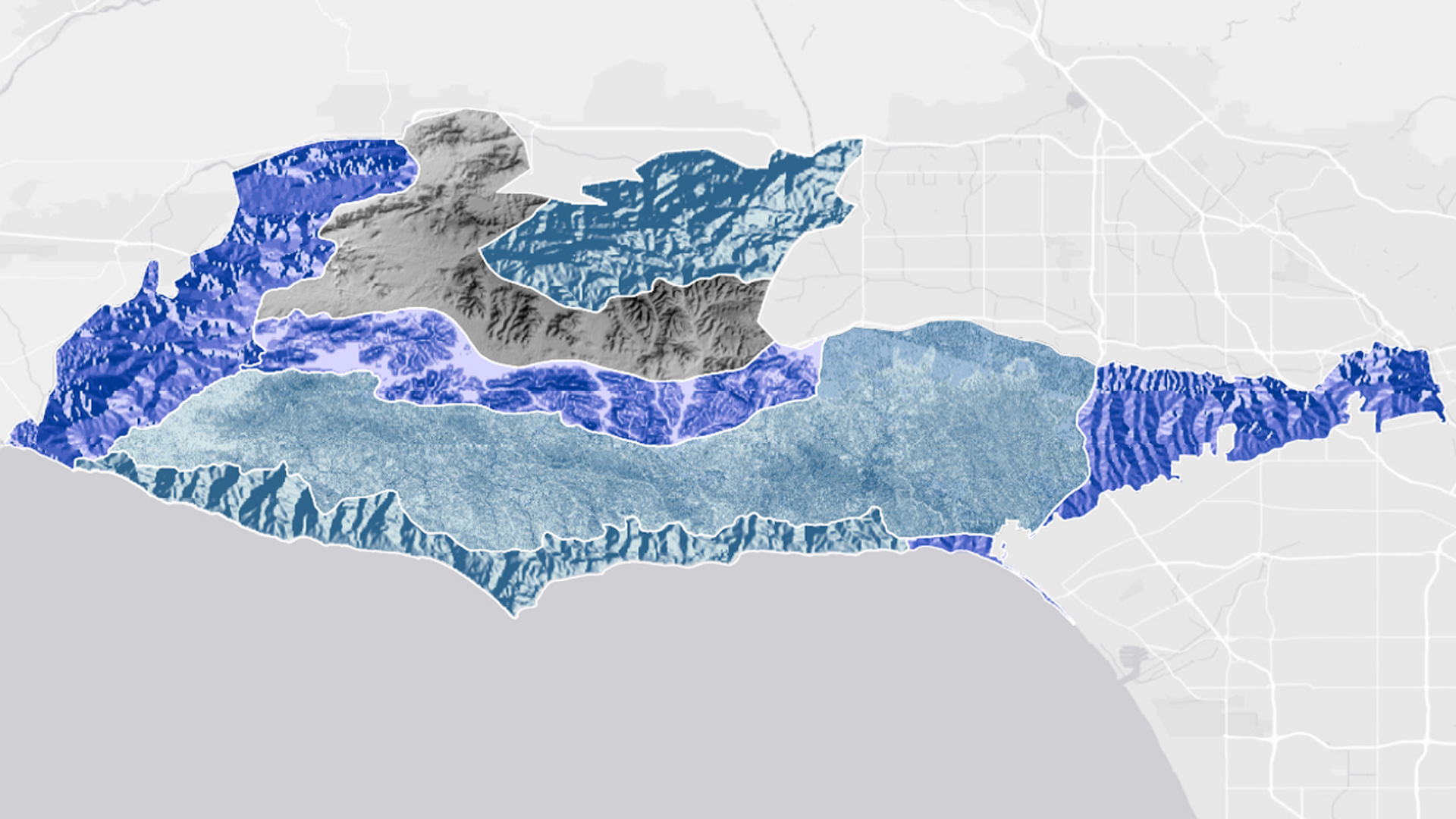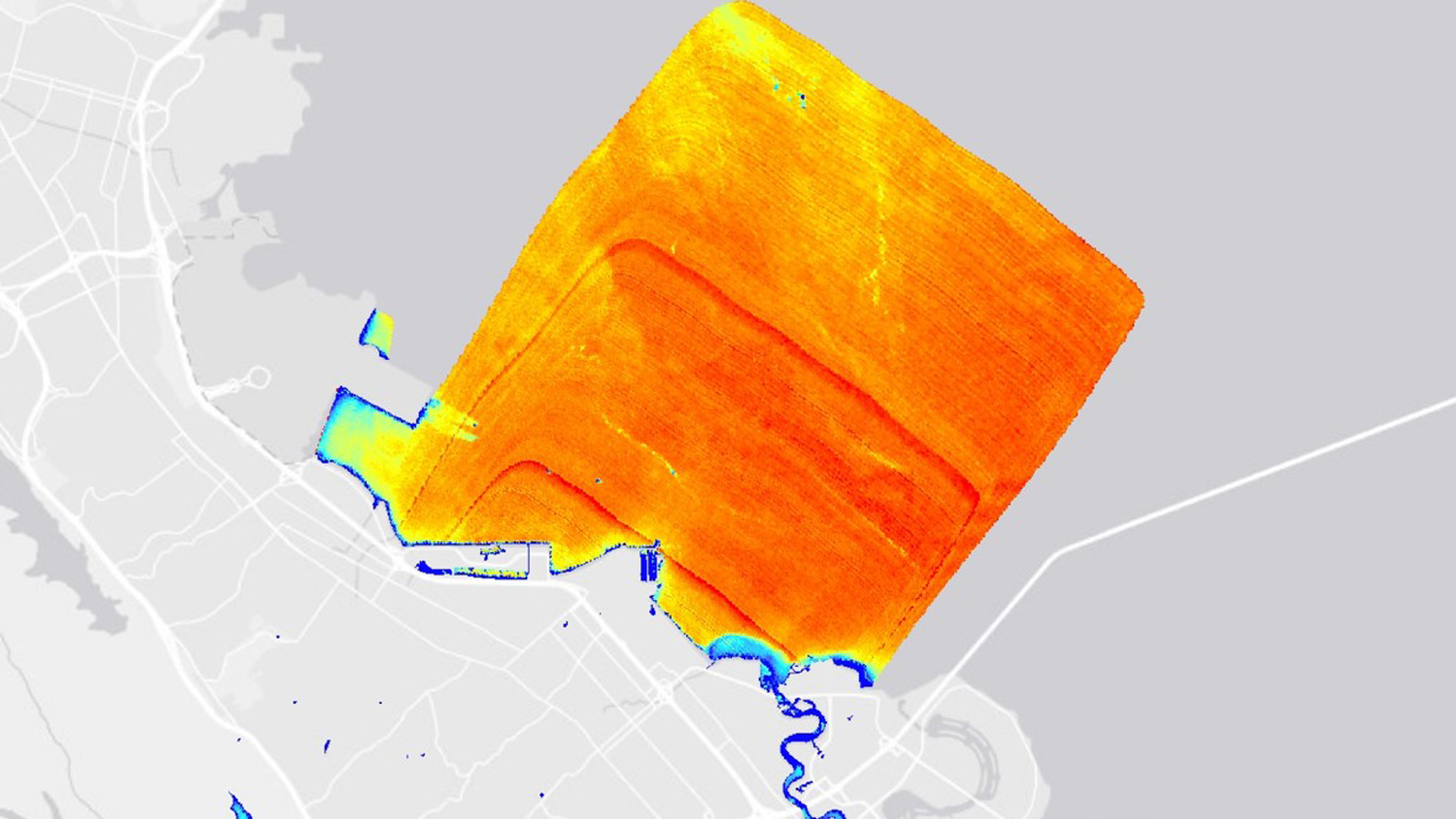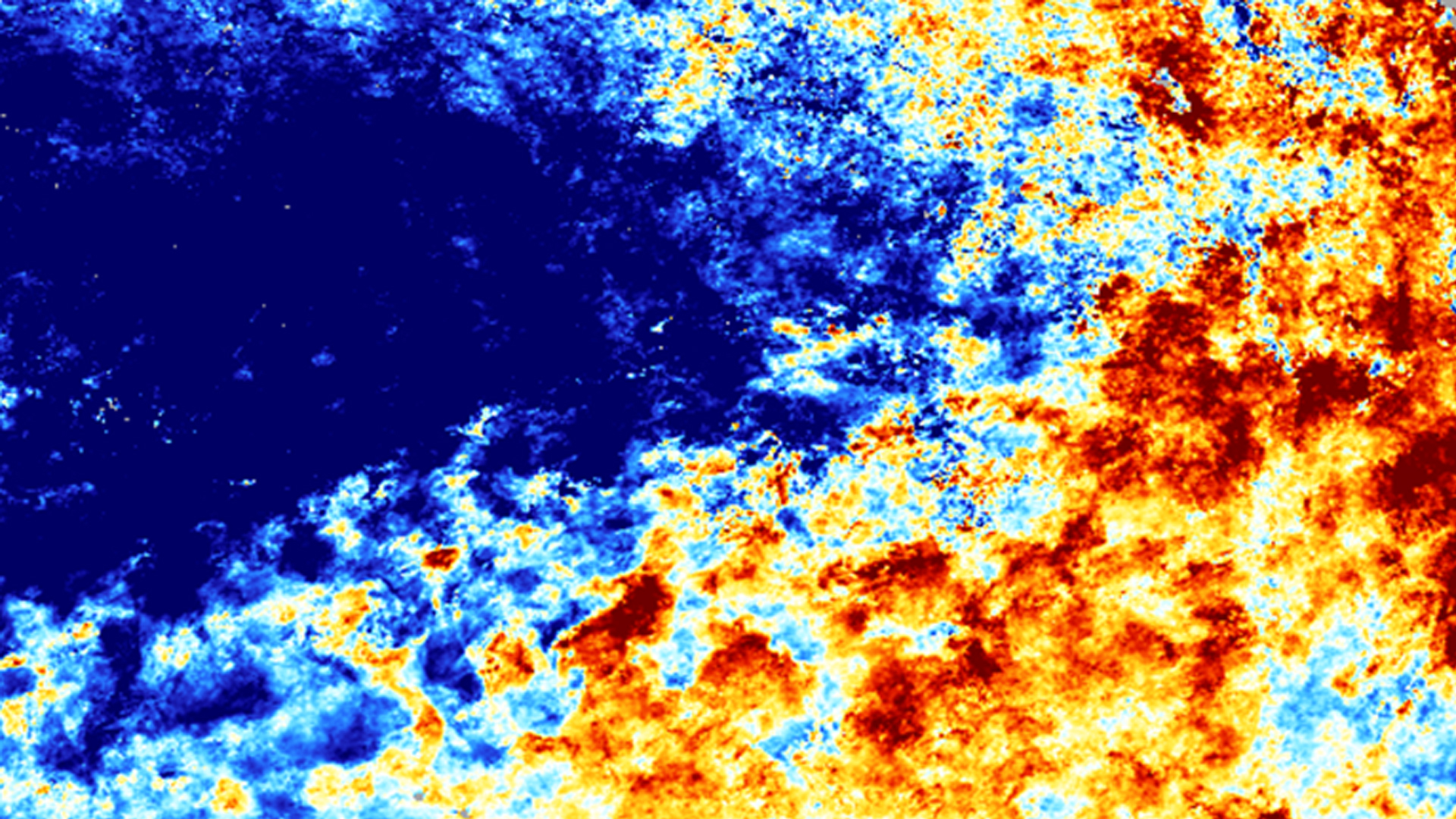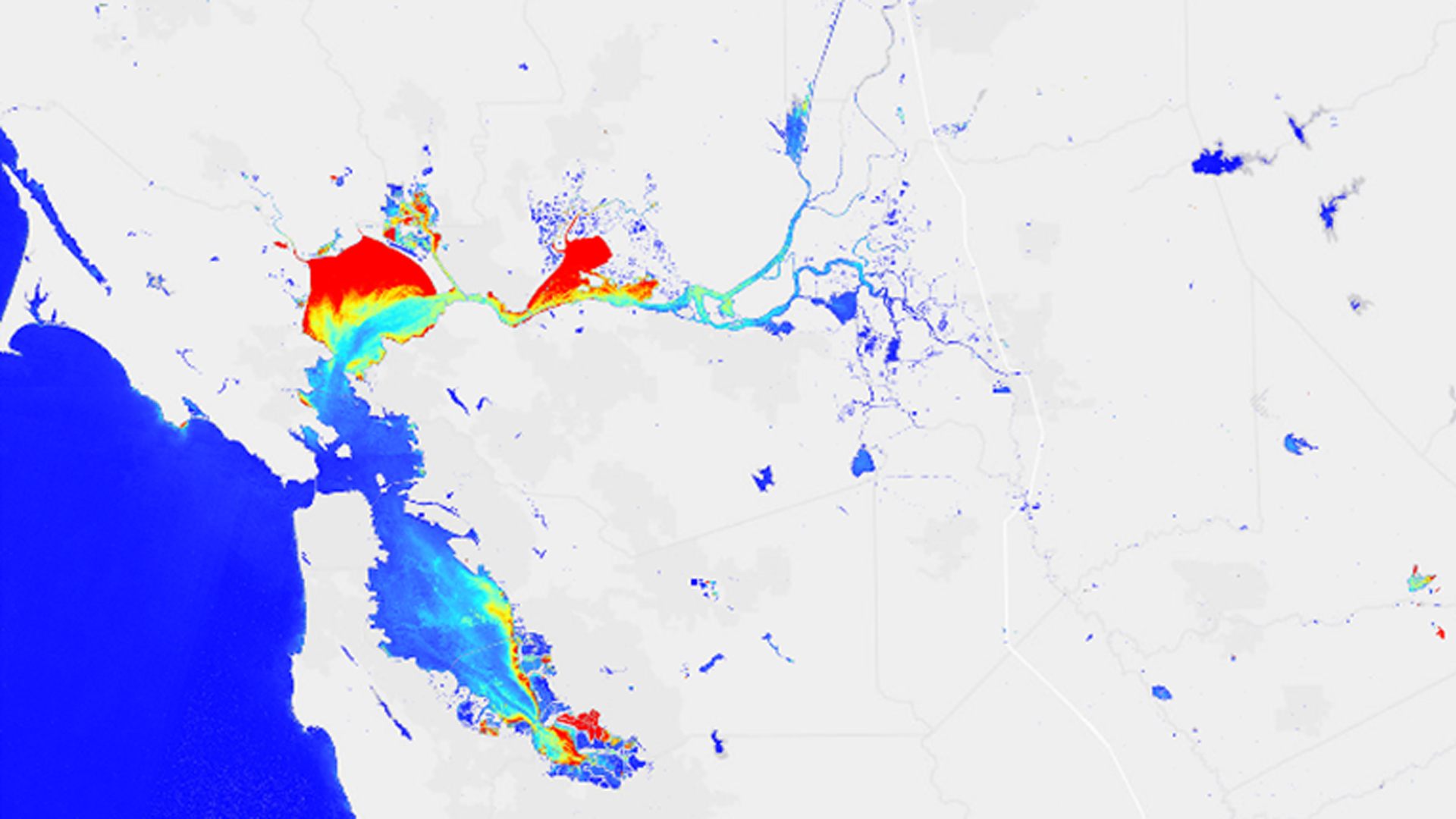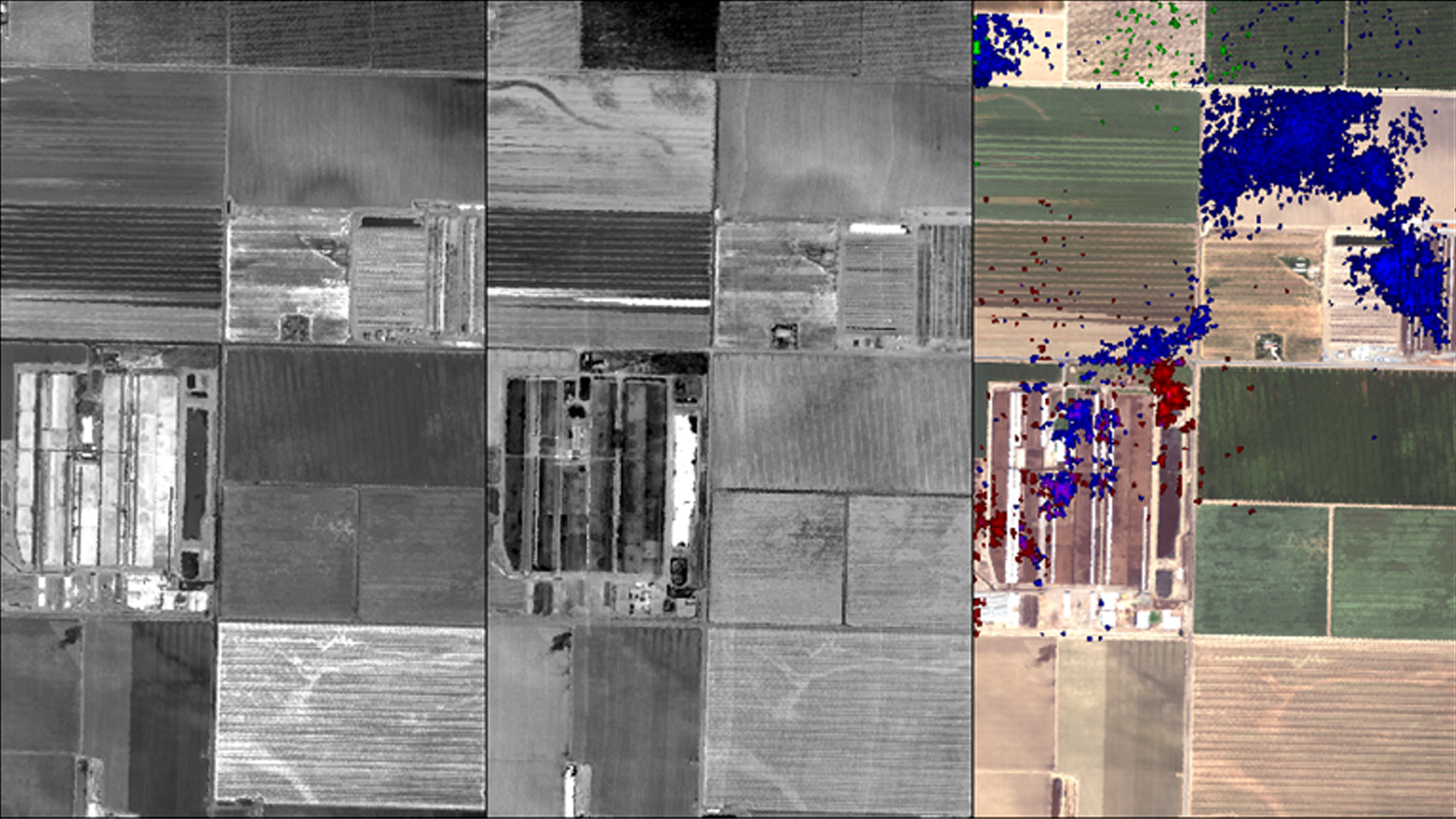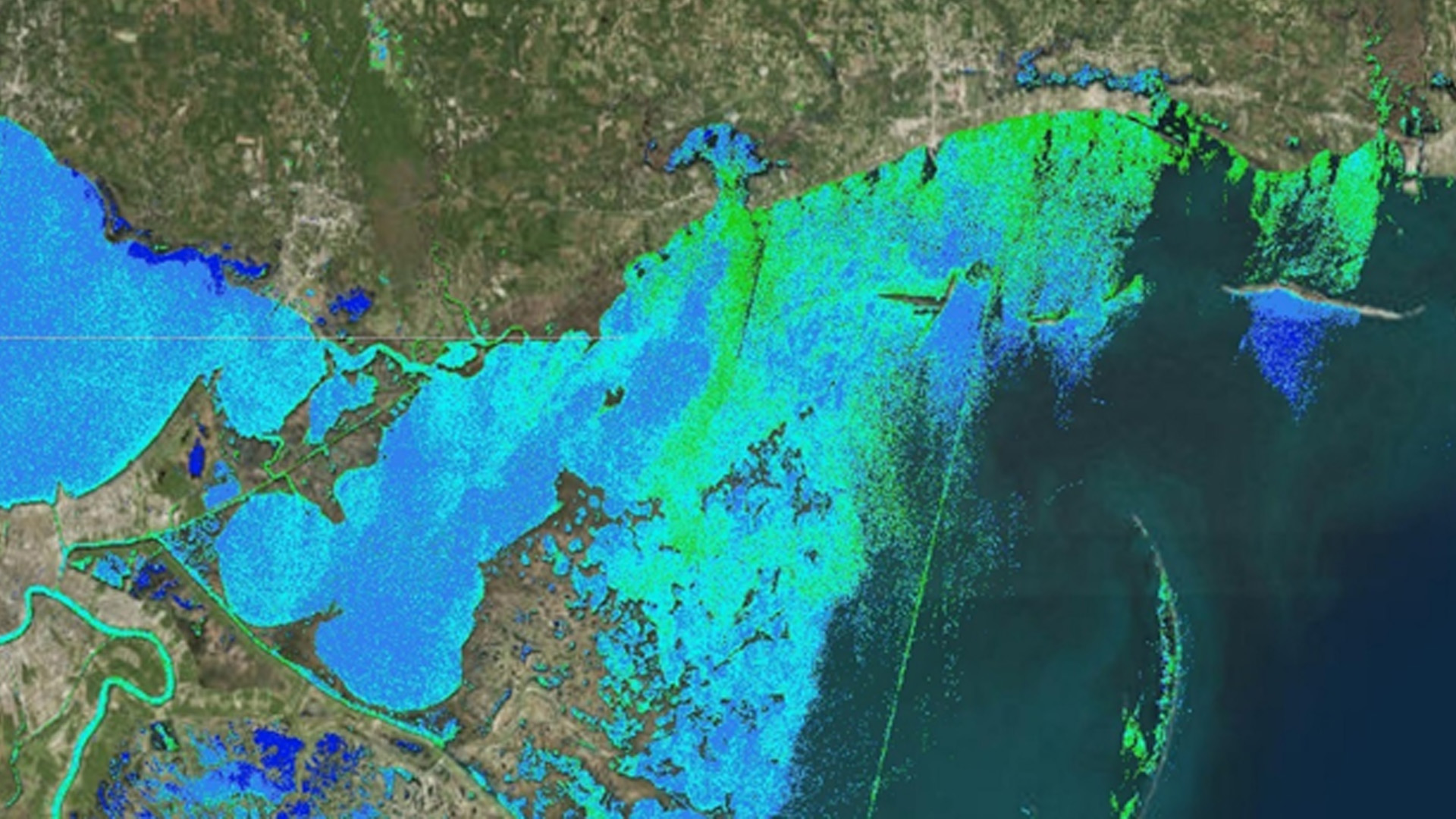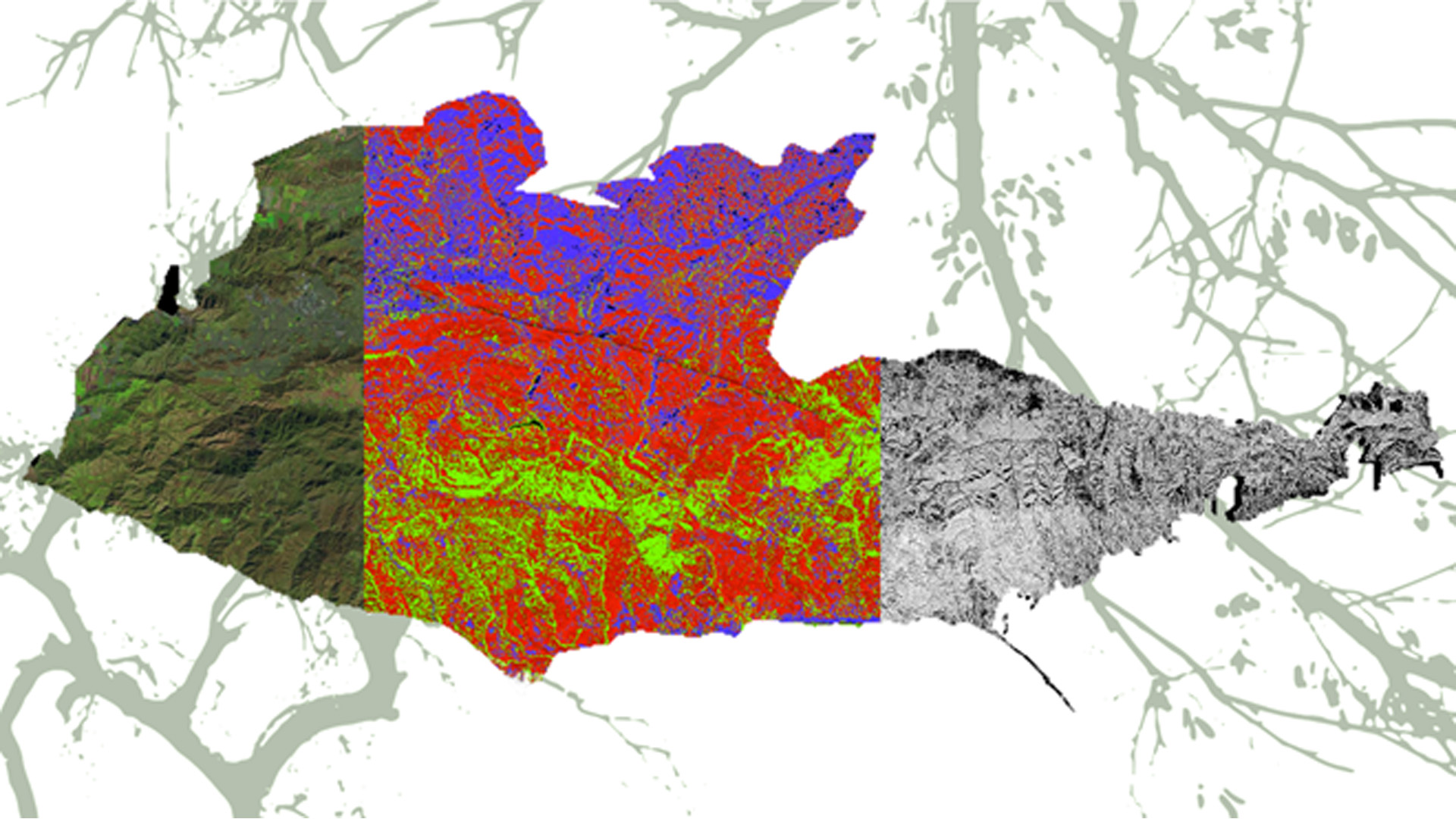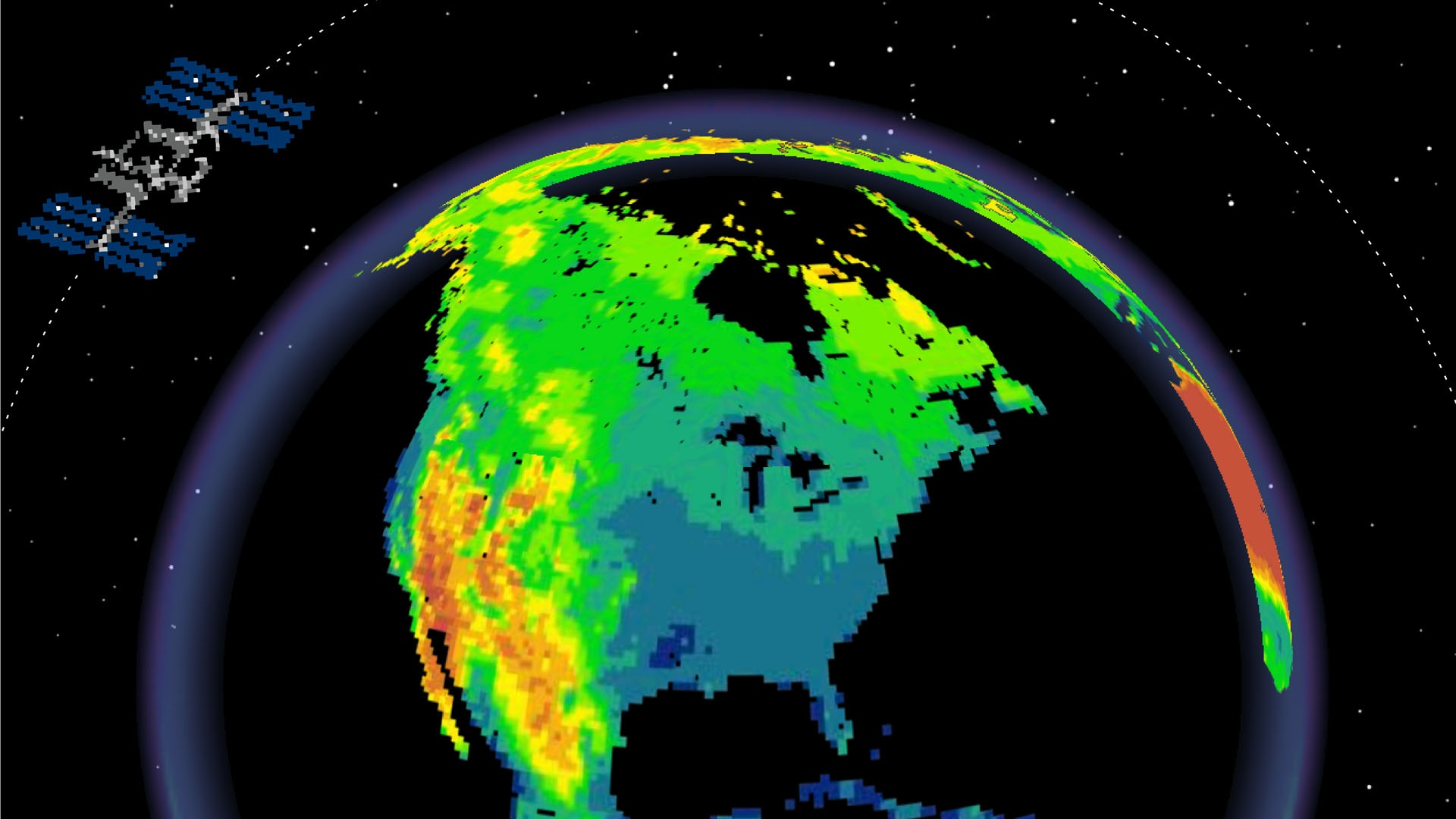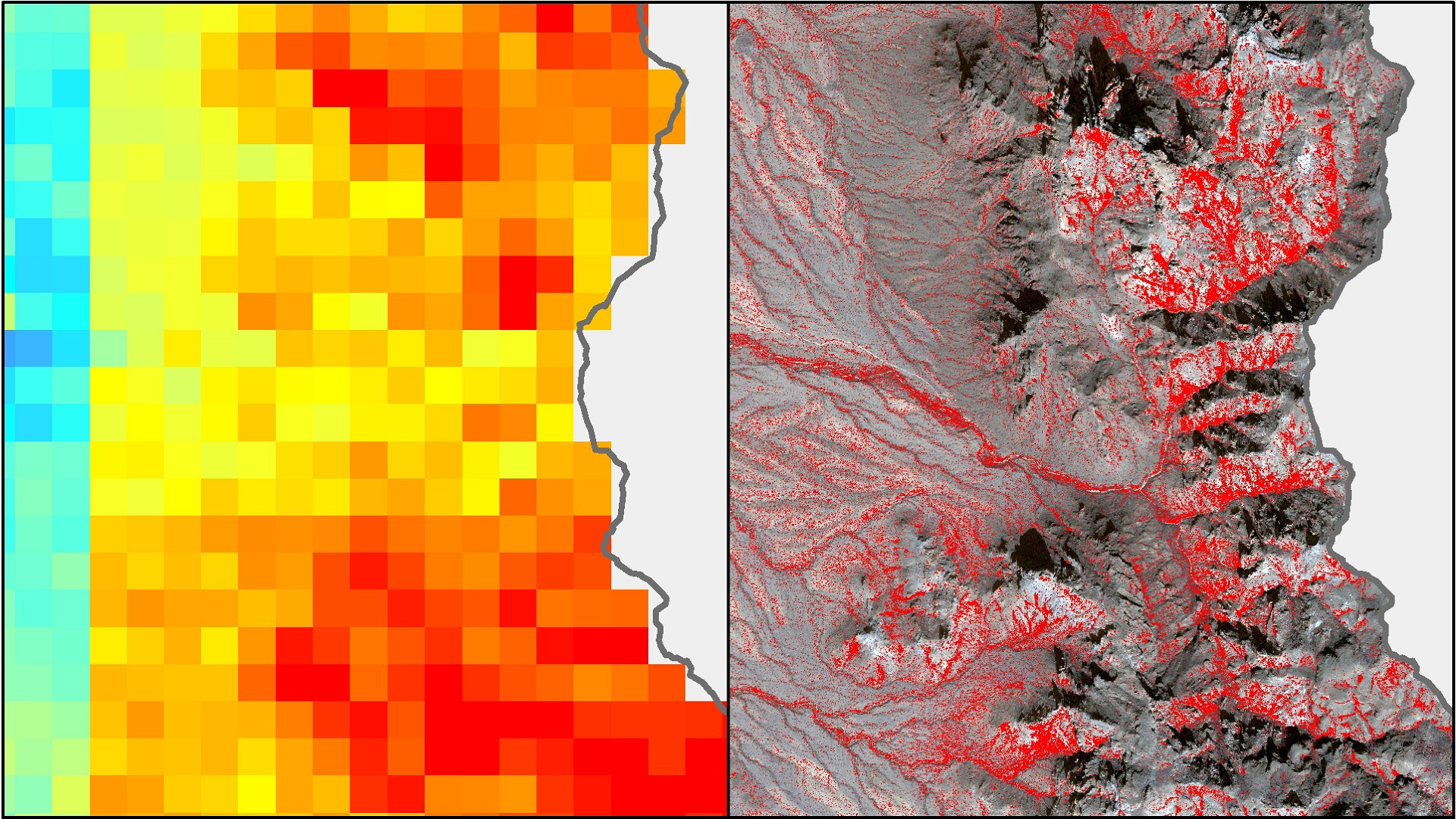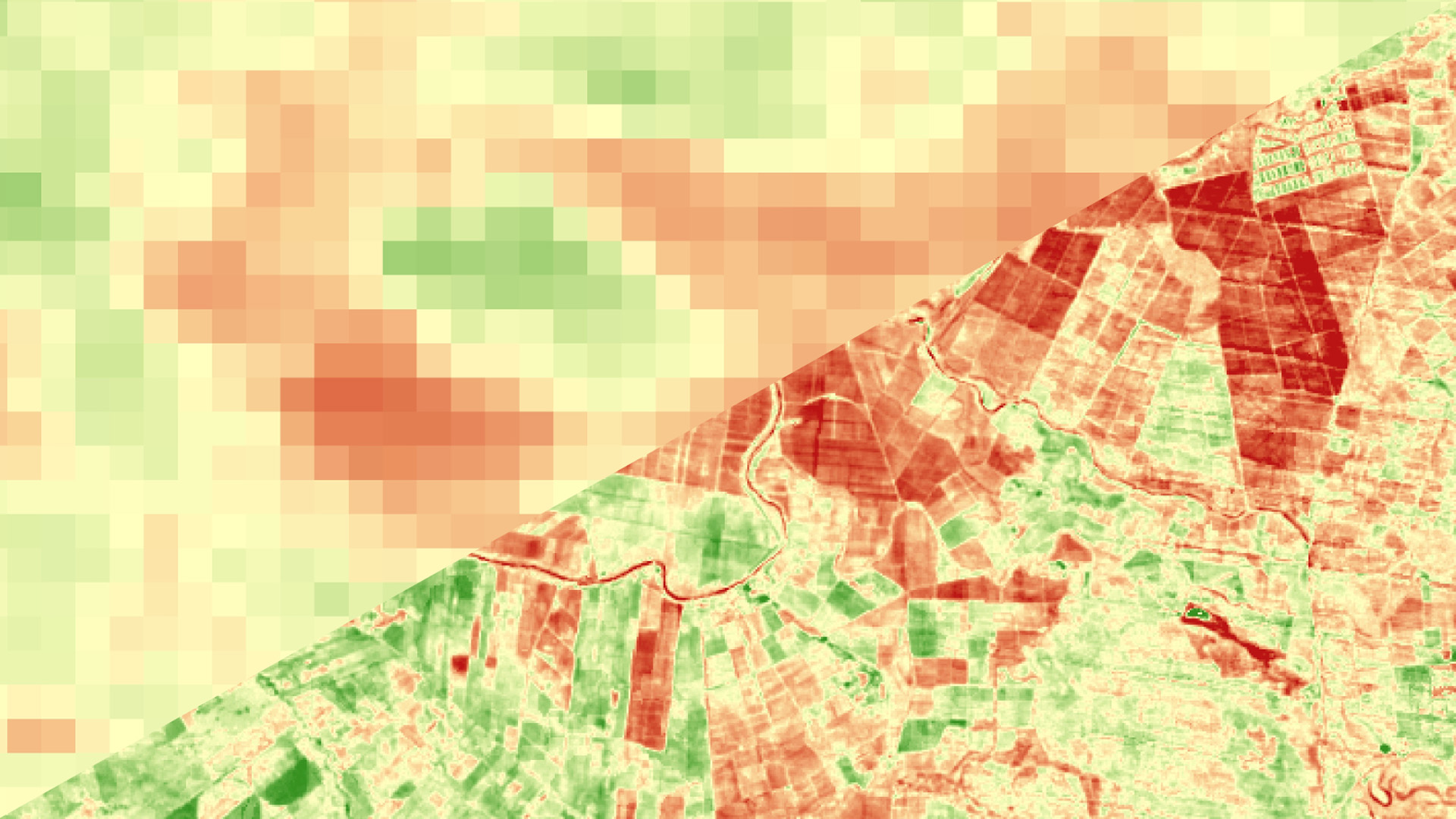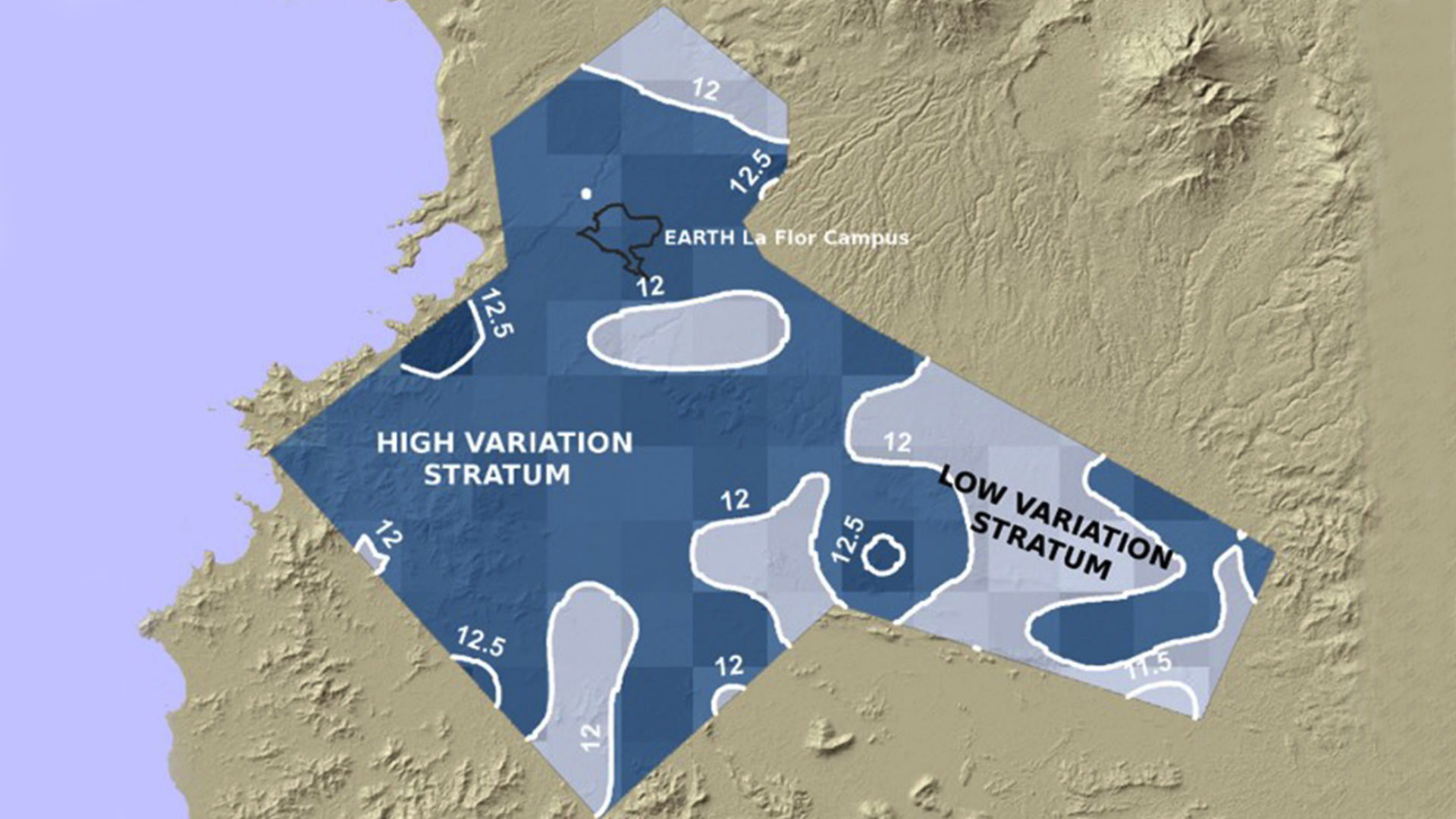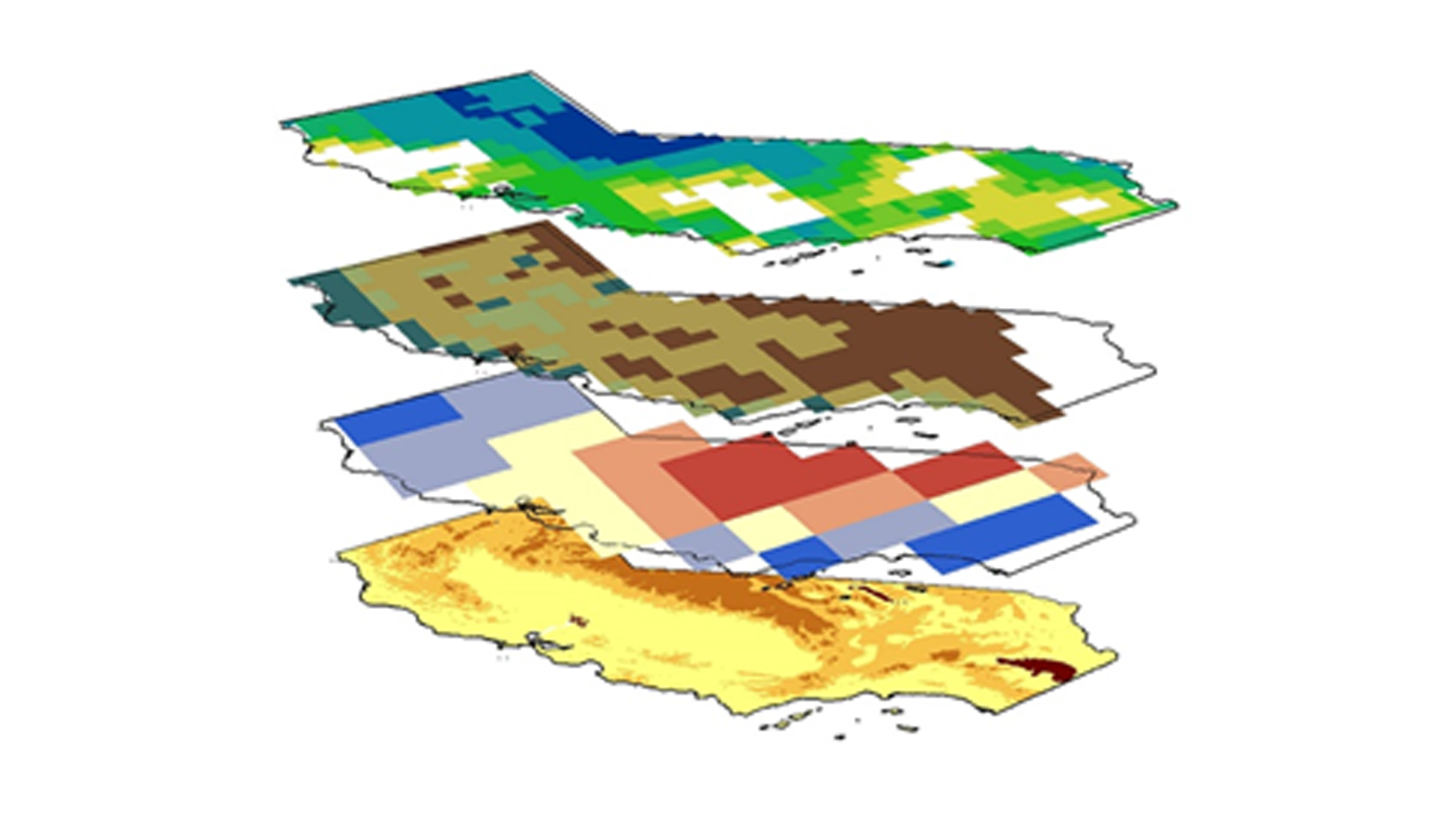California – JPL
California – JPL
Node Host: NASA Jet Propulsion Laboratory
Acronym: JPL
About the Node Hosts: The Jet Propulsion Laboratory (JPL), once an empty flood-plain of Arroyo Seco in the foothills of the San Gabriel Mountains in Pasadena, California, was home to the first rocket experiments built by three graduate students from Caltech in 1936. Encouraged by Caltech professor Theodore von Karman, these "Rocket Boys" led to the building of a site that he would later name The Jet Propulsion Laboratory in 1943. During WWII, JPL was used to build weapons systems for the United States Air Corps. In 1957, JPL entered the space race and collaborated with the U.S. Army's Ballistic Missile Agency to launch the Explorer 1 satellite - the first satellite to successfully send back data. After this successful launch, JPL was transferred to NASA under the management of Caltech in 1958.
History of the DEVELOP Node: DEVELOP first began at the Jet Propulsion in the summer of 2008, when an oceans scientist by the name of Benjamin Holt was introduce to a NOAA fisheries project by another scientist, Woody Turner. DEVELOP at JPL only had 1 participant at this time, and when Edurado Gonzalez was hired to work on this project, Ben was asked to be an advisor. The fisheries project was carried over to the summer term in 2009, when DEVELOP hired on JPL's first Center Lead Maddie Brozen. Through the success of the project, Ben had become a full DEVELOP mentor for JPL, taking on more participants and more projects, starting in the summer of 2010.
About the Node: NASA DEVELOP at JPL began in 2008 with only 1 participant. Over time, the node has grown to average 8 to 14 participants at any given term. With 7-9 completed projects per year, each team averages 3-4 participants under the mentorship of Benjamin Holt. Ben has been involved with the NASA DEVELOP National Program since 2008 and has served as DEVELOP JPL's Lead Science Advisor and Mentor. Ben has played an active role in the development of many successful projects within DEVELOP. His interaction with DEVELOP participants have made him an impactful mentor at JPL, sending off nearly 25 students a year with real-world applied science experience. DEVELOP JPL has specialized in many application areas since 2008, including but not limited to disasters, oceans, water resources, health & air quality, and ecological forecasting. The specialties of additonal science advisors are oceans and hydrology.
- Location
- Pasadena, California
- Node Leadership
- Fellow: Erica Carcelen
- Science Advisor: Ben Holt
- Featured Project
- Belize & Honduras Water Resources II
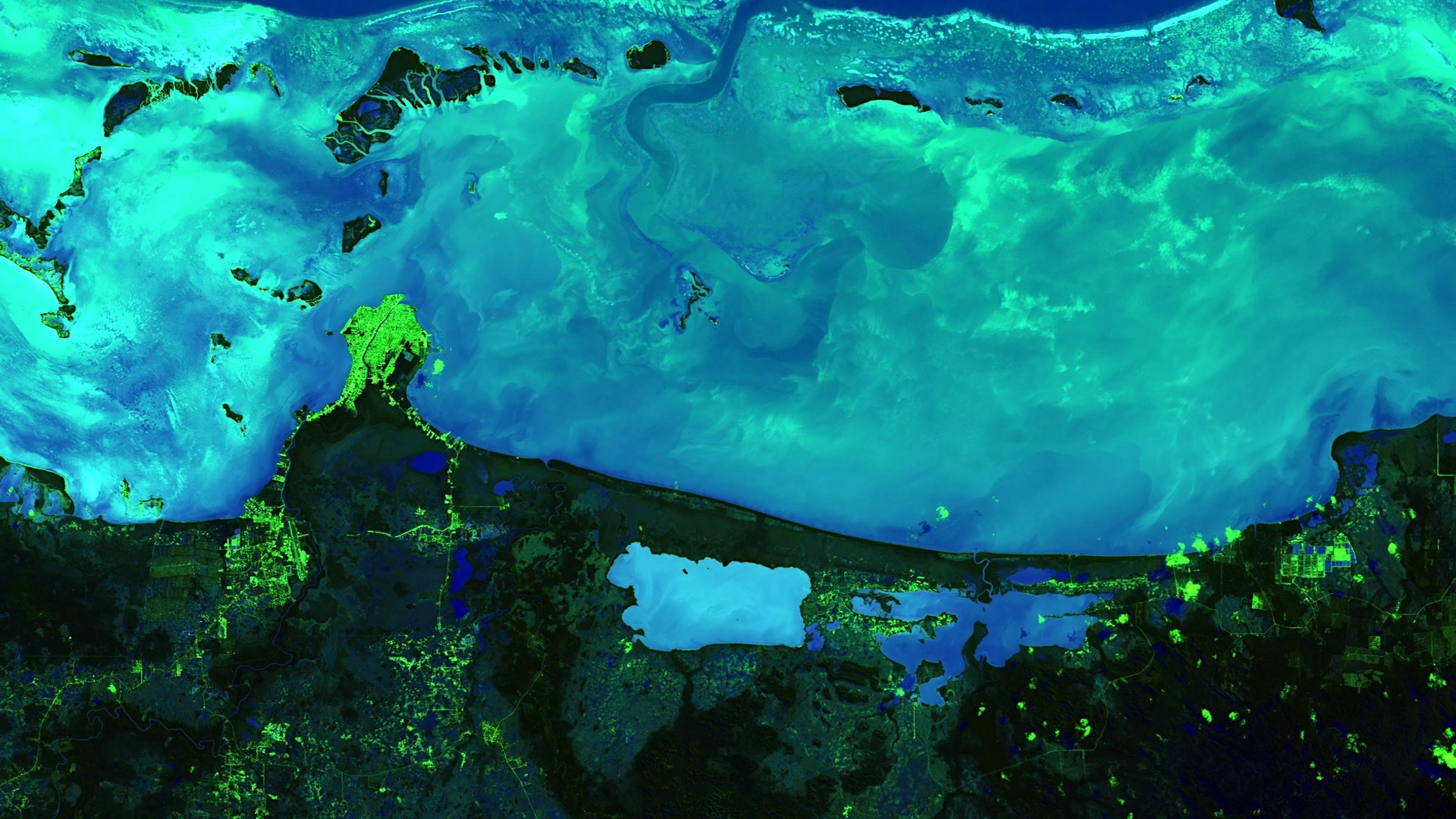
Projects
Publications
Leveraging Google Earth Engine User Interface for Semiautomated Wetland Classification in the Great Lakes Basin at 10 m With Optical and Radar Geospatial Datasets, IEEE Journal of Selected Topics in Applied Earth Observations and Remote Sensing (Volume: 13), 2020
"Vista-LA: Mapping methane-emitting infrastructure in the Los Angeles megacity”, Earth System Science Data, 2018
The sensitivity of US wildfire occurrence to pre-season soil moisture conditions across ecosystems”, Environmental Research Letters, 2017
Application of Landsat 8 for Monitoring Impacts of Wastewater Discharge on Coastal Water Quality”, Frontiers in Marine Science, 2017
Stormwater Runoff Plumes in the Southern California Bight: A Comparison Study with SAR and MODIS Imagery”, Marine Pollution Bulletin, 2017
Satellite Detection of Wastewater Diversion Plumes in Southern California”, Estuarine, 2016
Satellite detection of wastewater diversion plumes in Southern California Estuarine, Coastal and Shelf Science, October 2016
The sensitivity of US wildfire occurrence to pre-season moisture conditions across ecosystems, Geophysical Research Letters,
